Giants writers debate the key aspects of the 2017 NFL Scouting Combine:
NFL.com names the top 50 prospects in the 2017 NFL Draft.
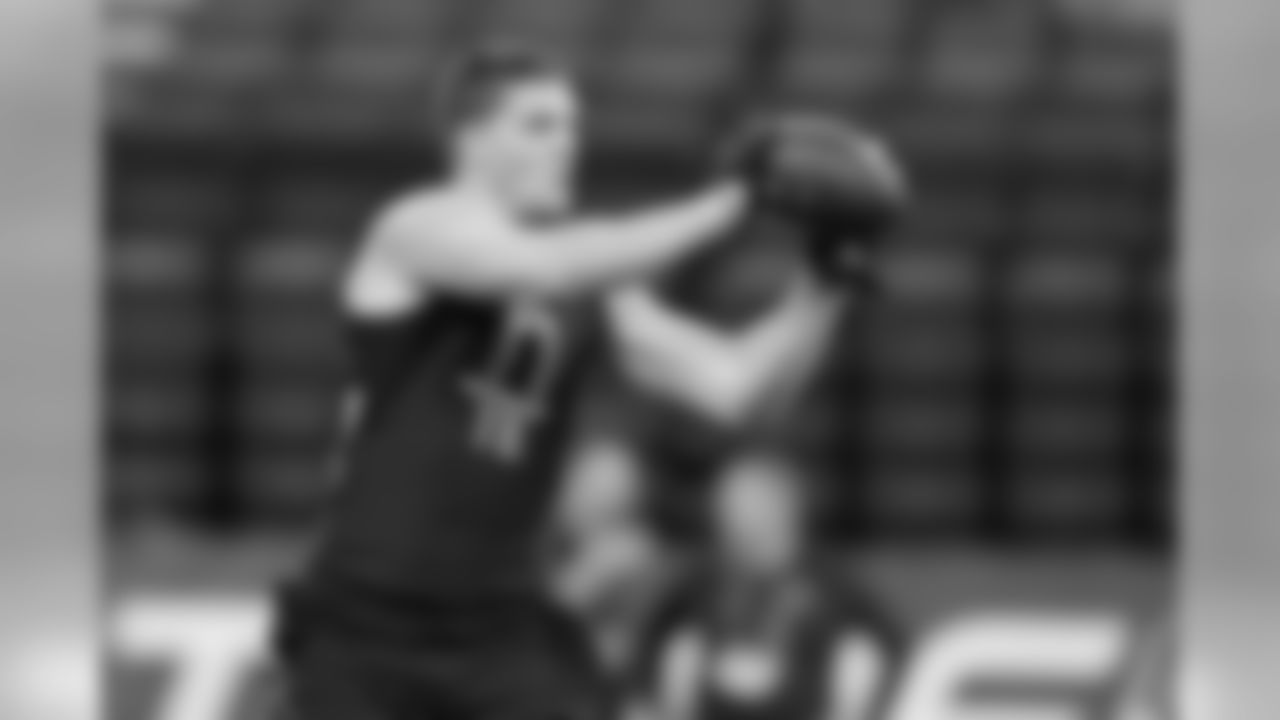
- Adam Shaheen - TE, Ashland
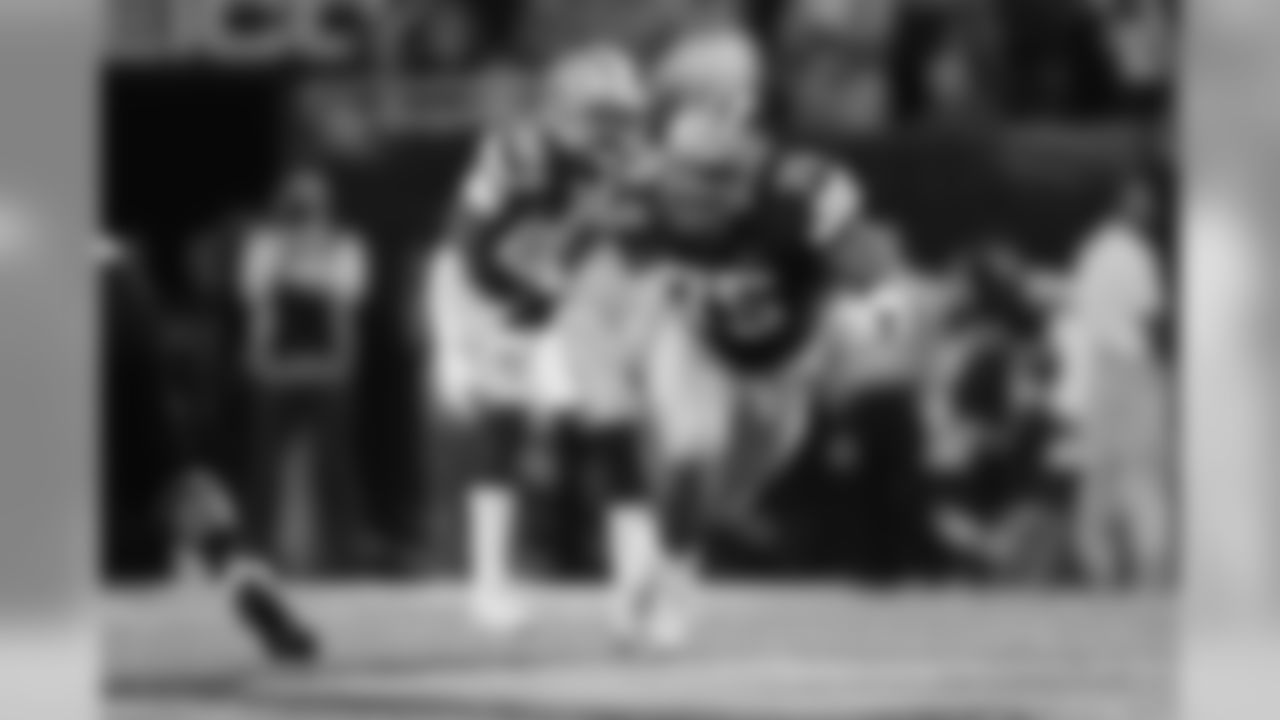
- Jordan Willis - DE, Kansas State

- Teez Tabor - CB, Florida
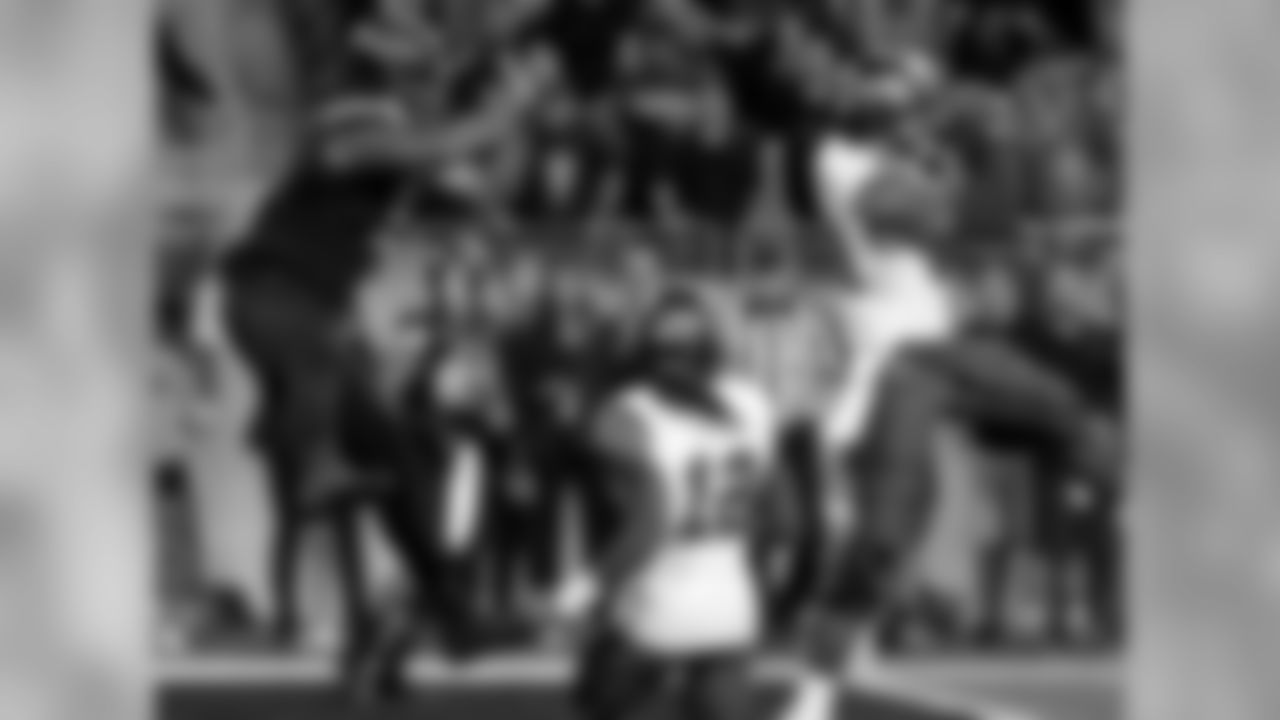
- Marcus Williams - S, Utah
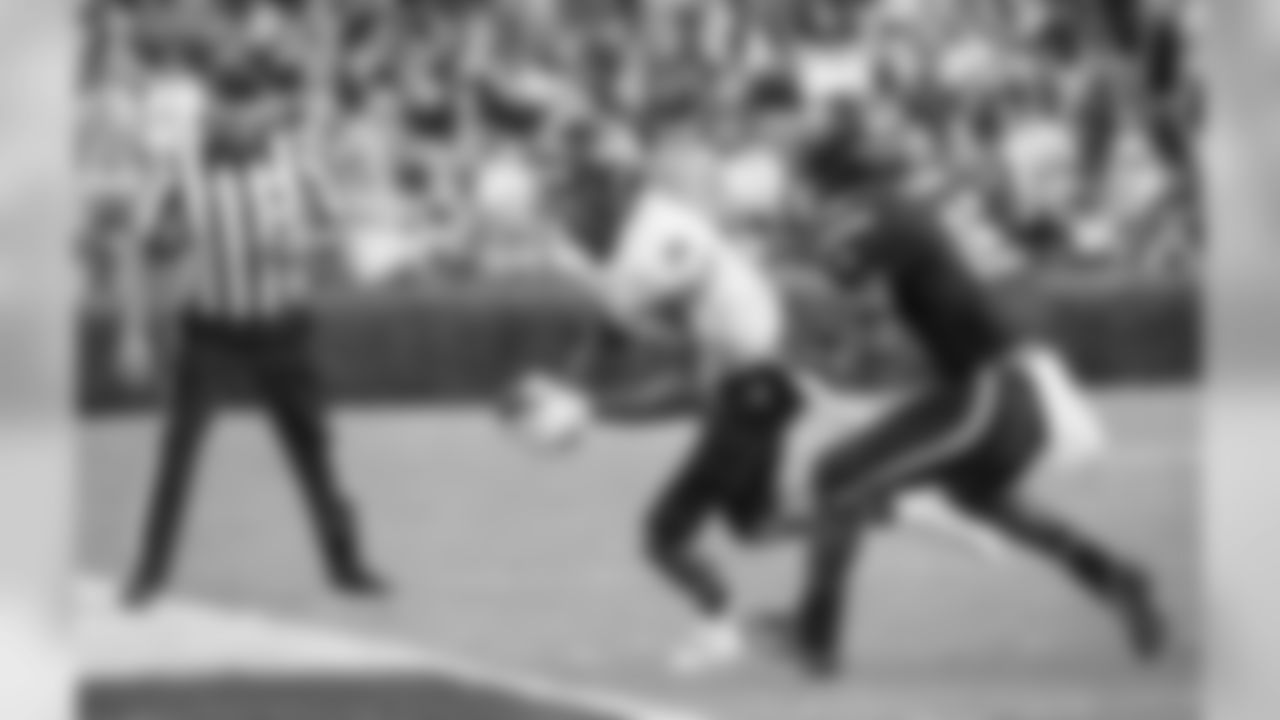
- Zay Jones - WR, East Carolina
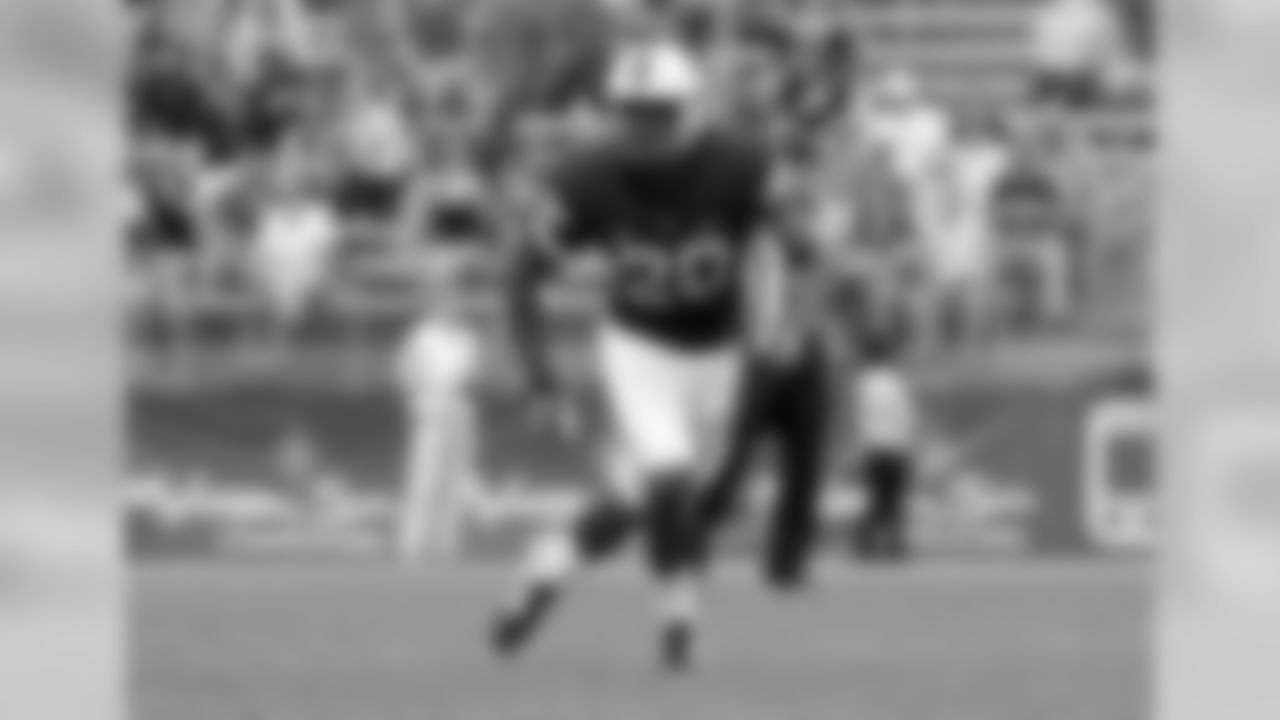
- Obi Melifonwu - S, Connecticut
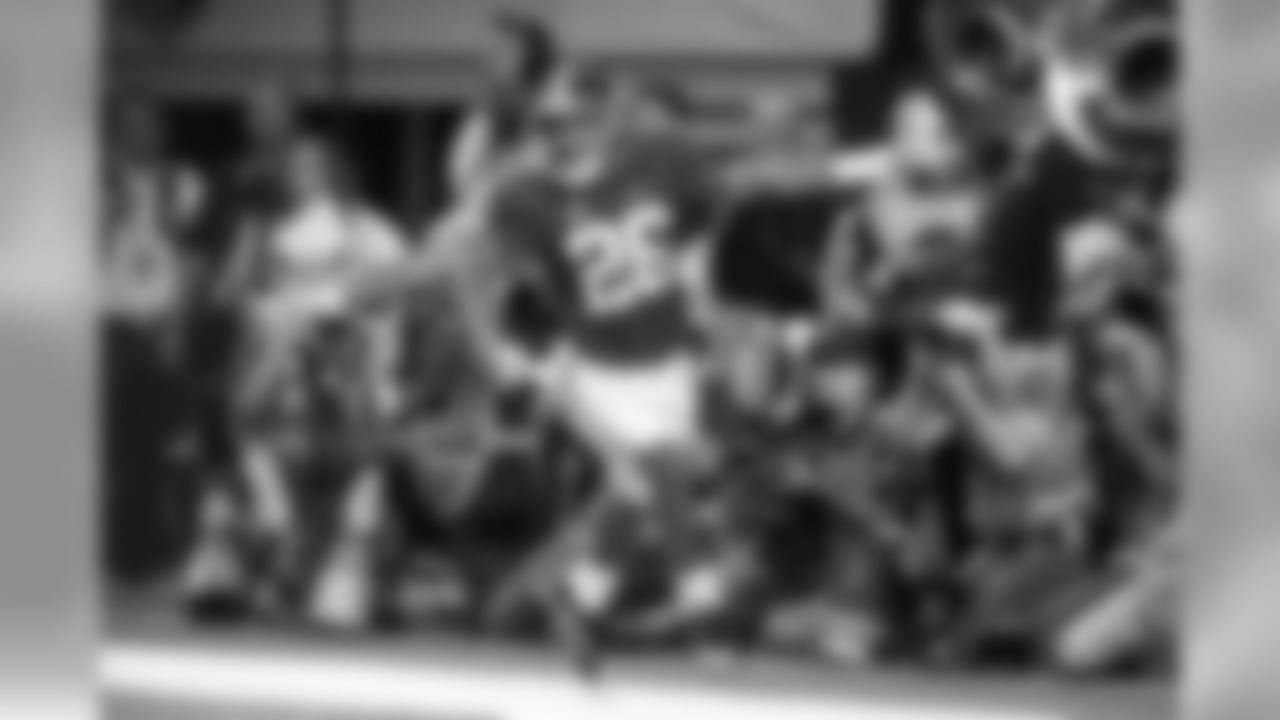
- Marlon Humphrey - CB, Alabama
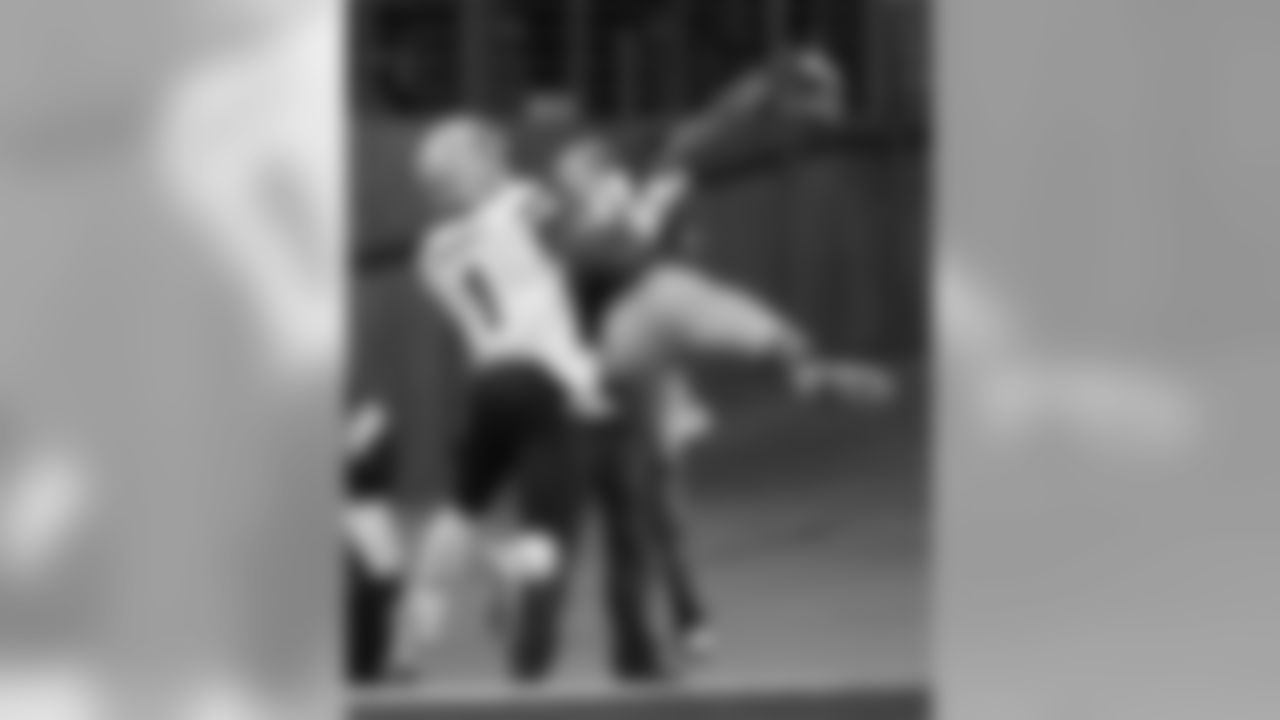
- Kevin King - CB, Washington
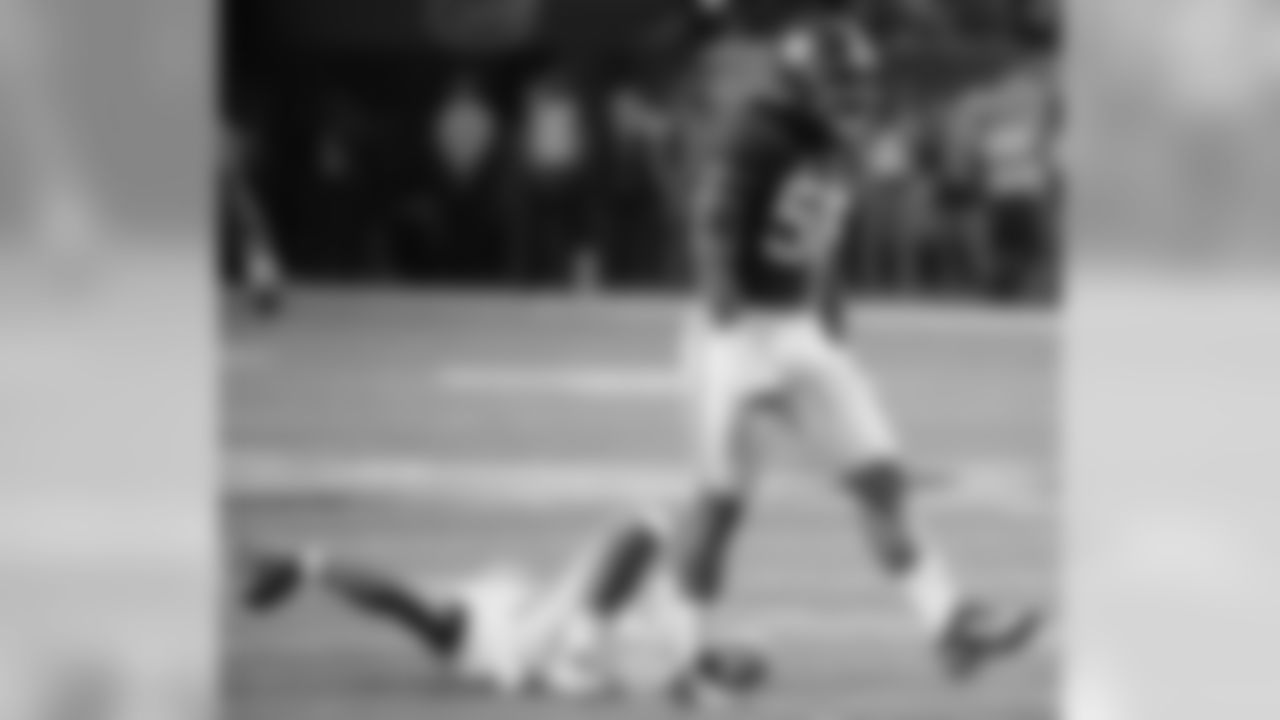
- Tim Williams - LB, Alabama
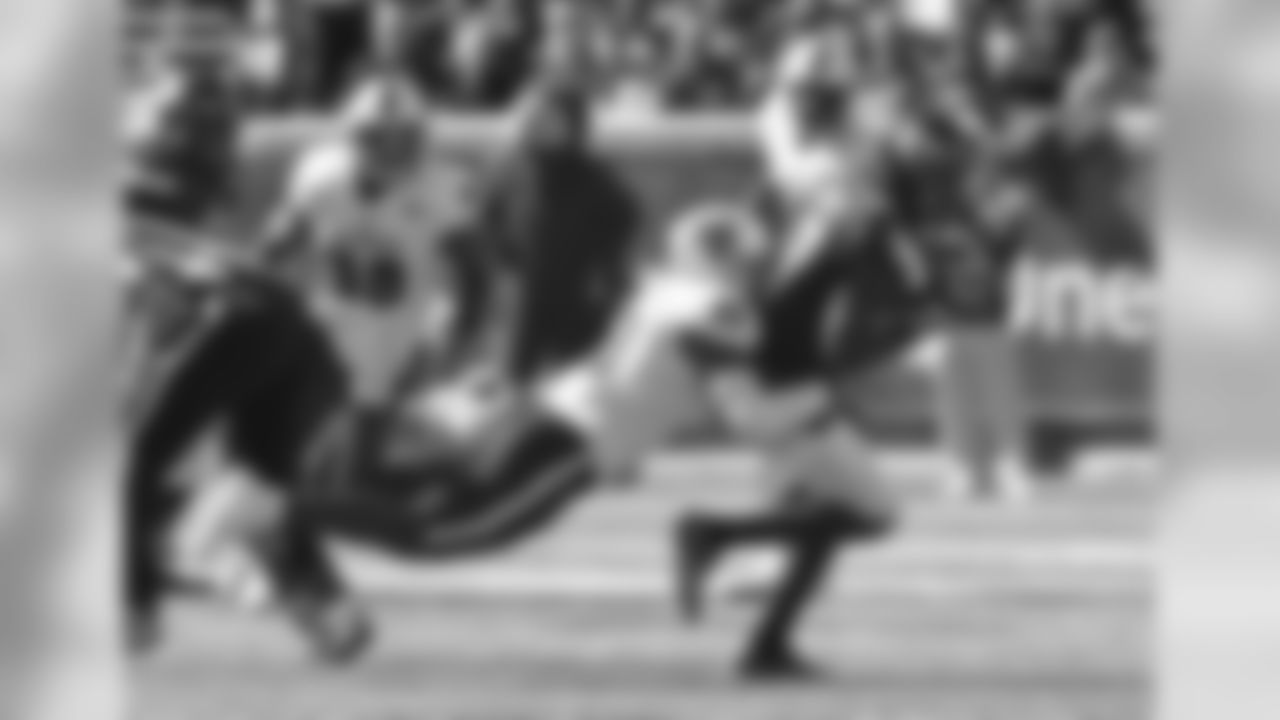
- Josh Jones - S, N.C. State
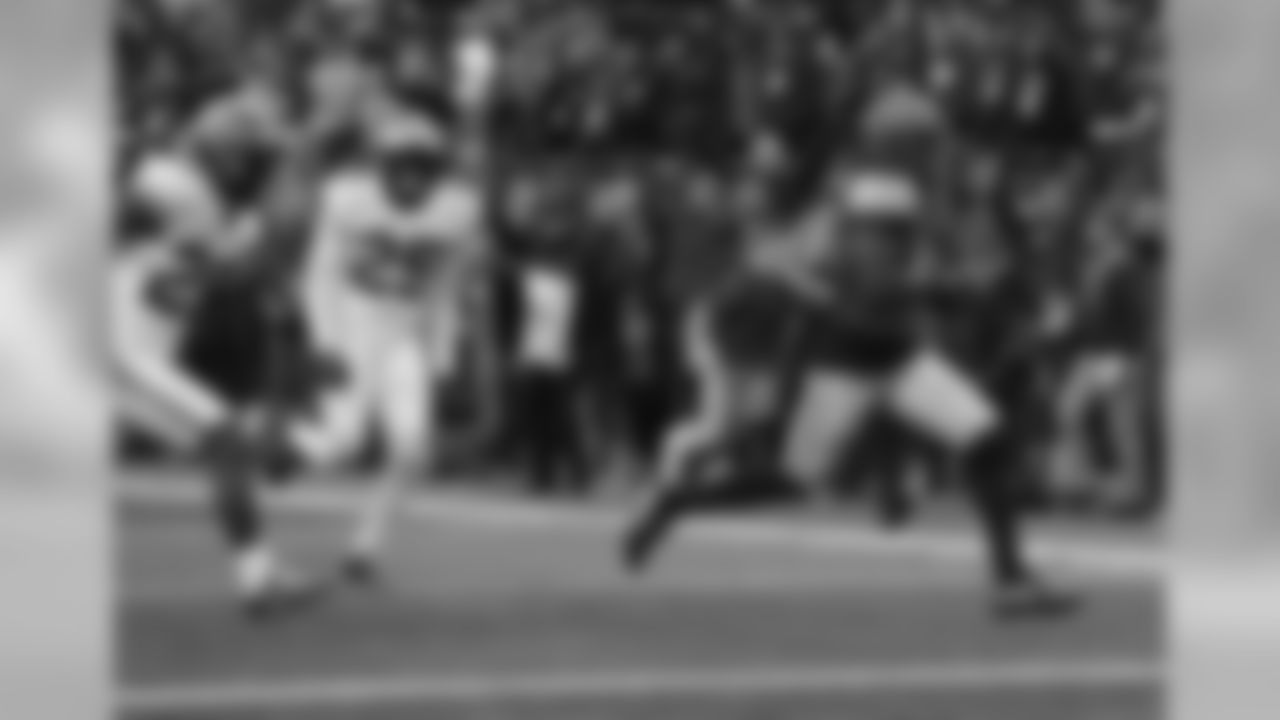
- Curtis Samuel - RB, Ohio State
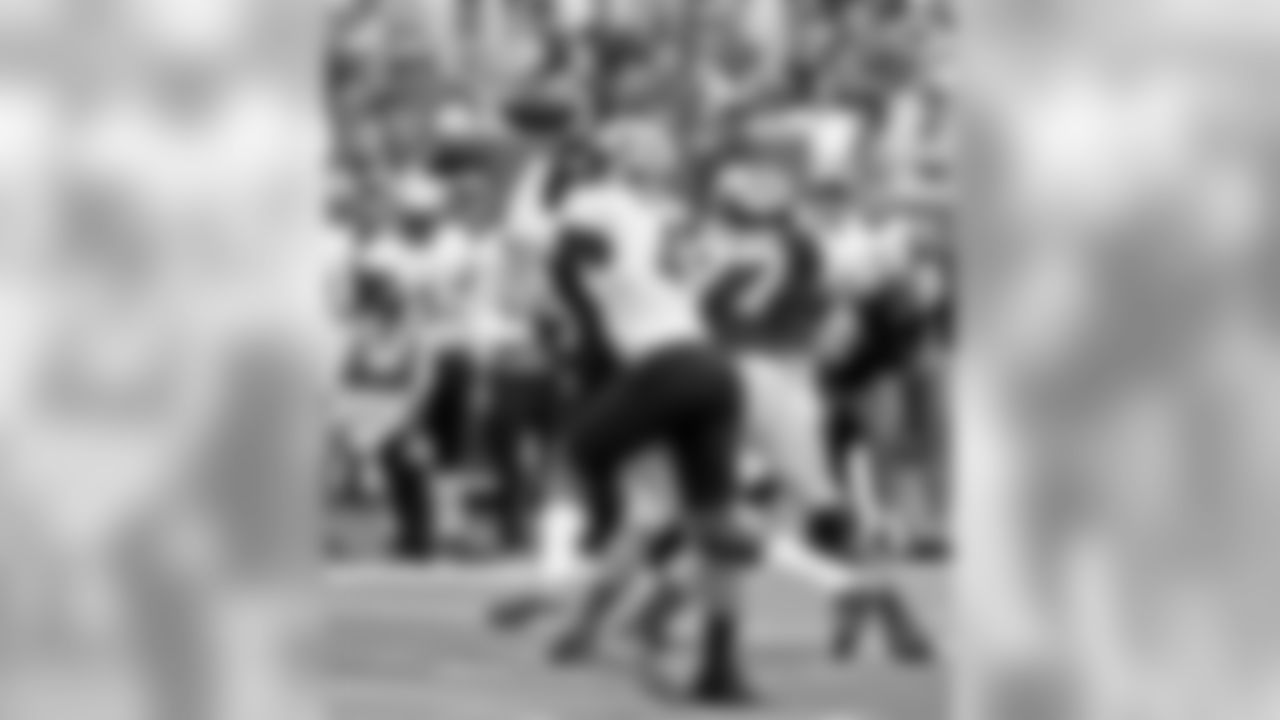
- Chidobe Awuzie - CB, Colorado
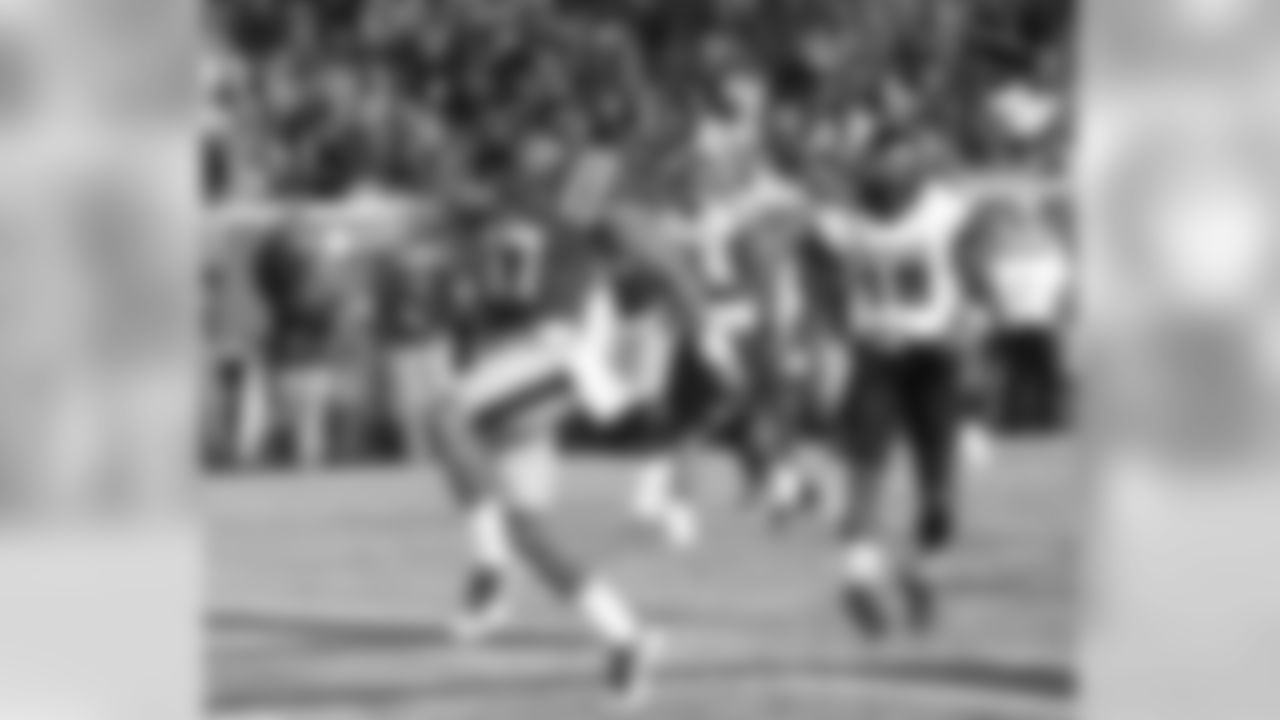
- Evan Engram - TE, Ole Miss
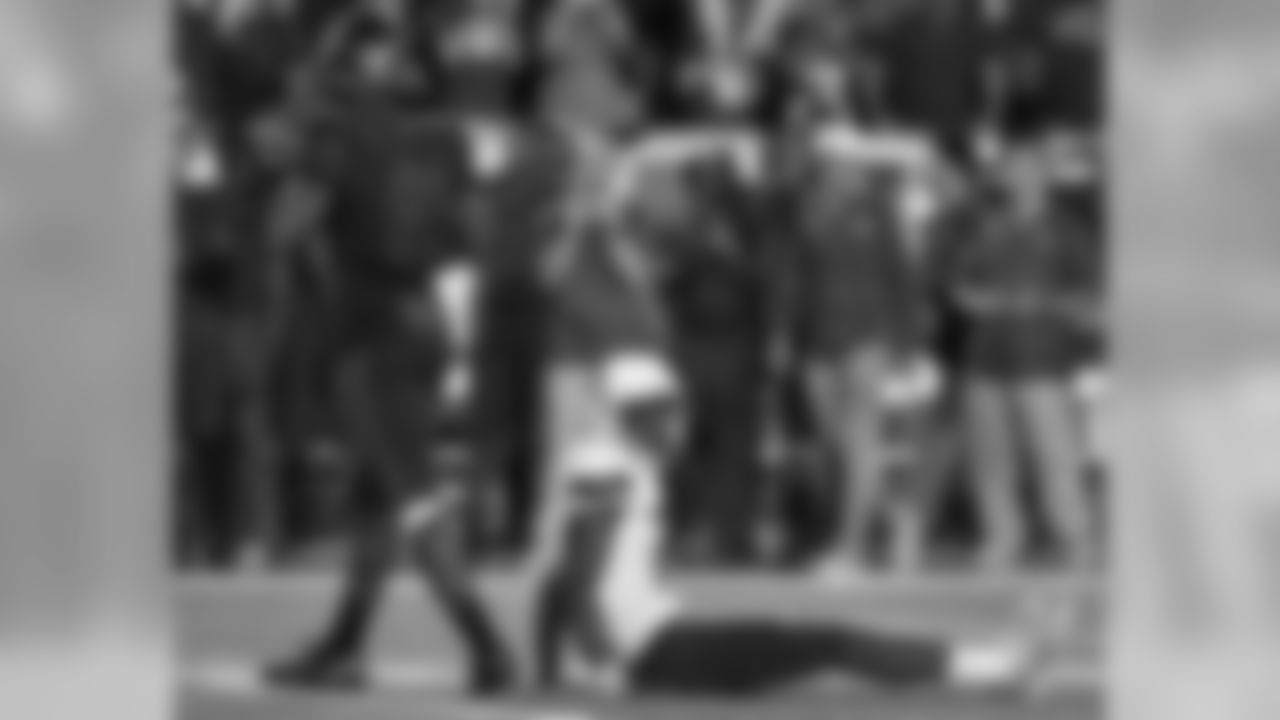
- Tyus Bowser - LB, Houston
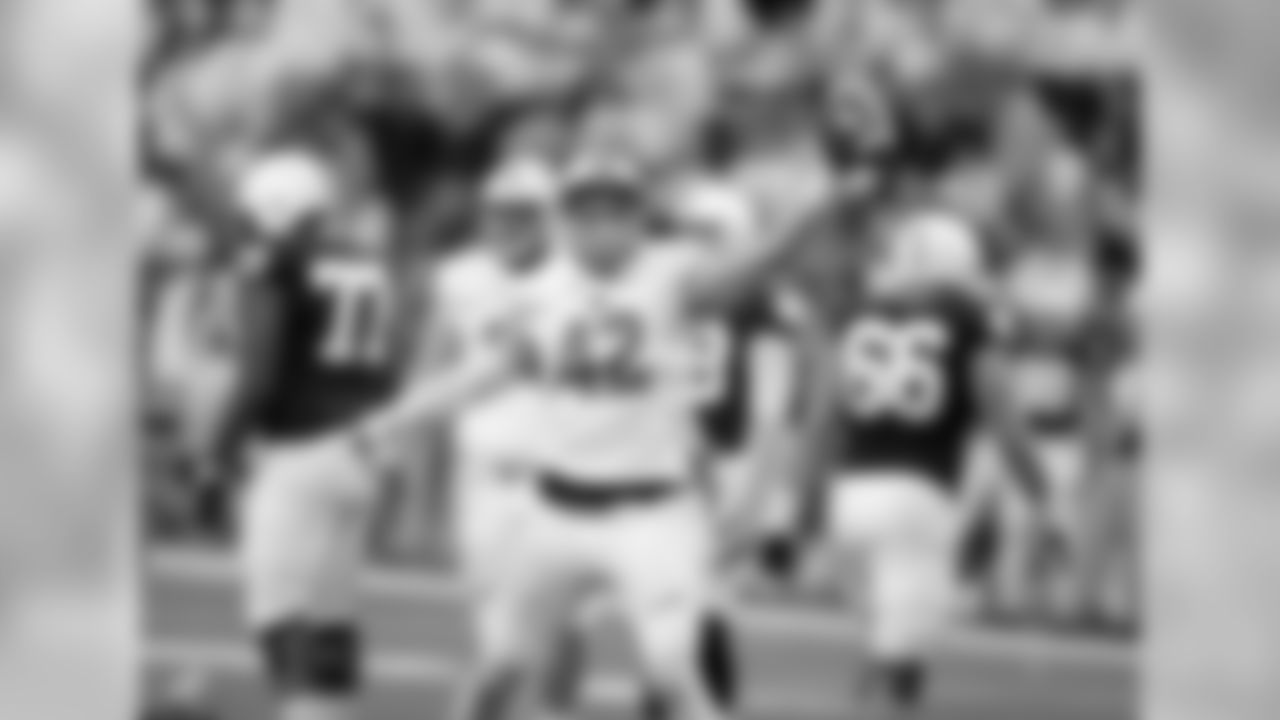
- T.J. Watt - LB, Wisconsin
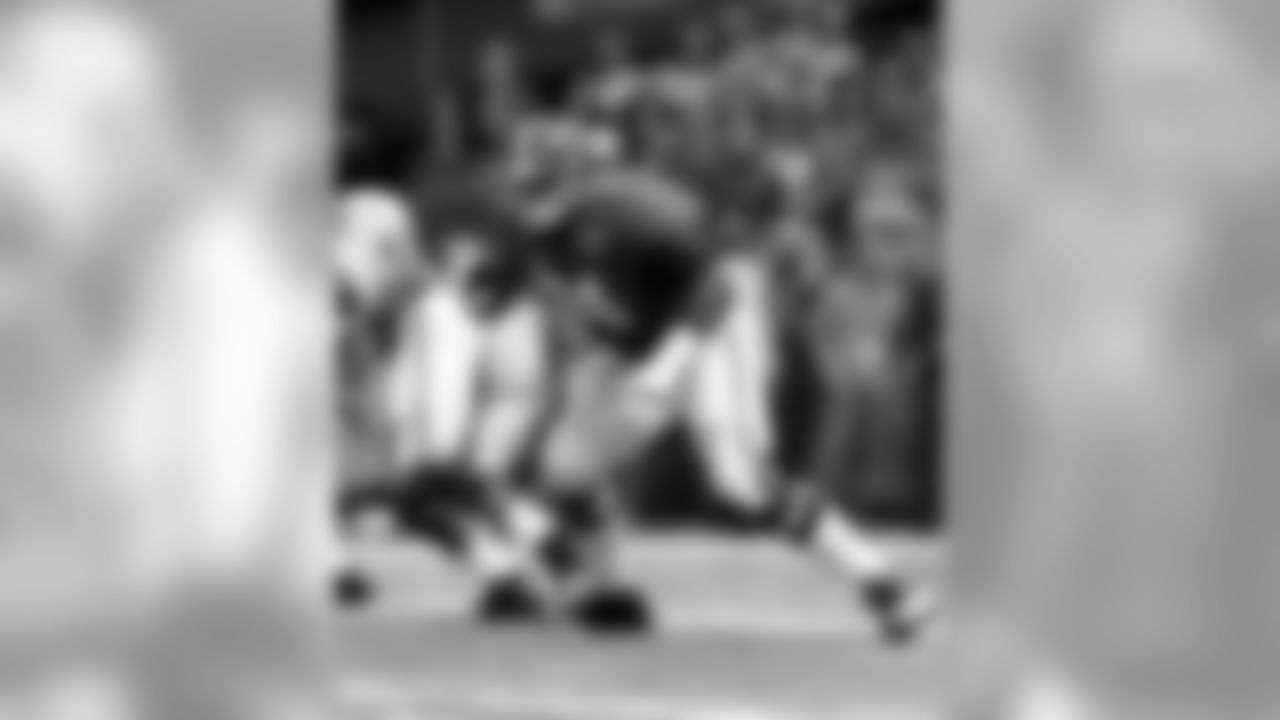
- Cam Robinson - OT, Alabama

- DeShone Kizer - QB, Notre Dame
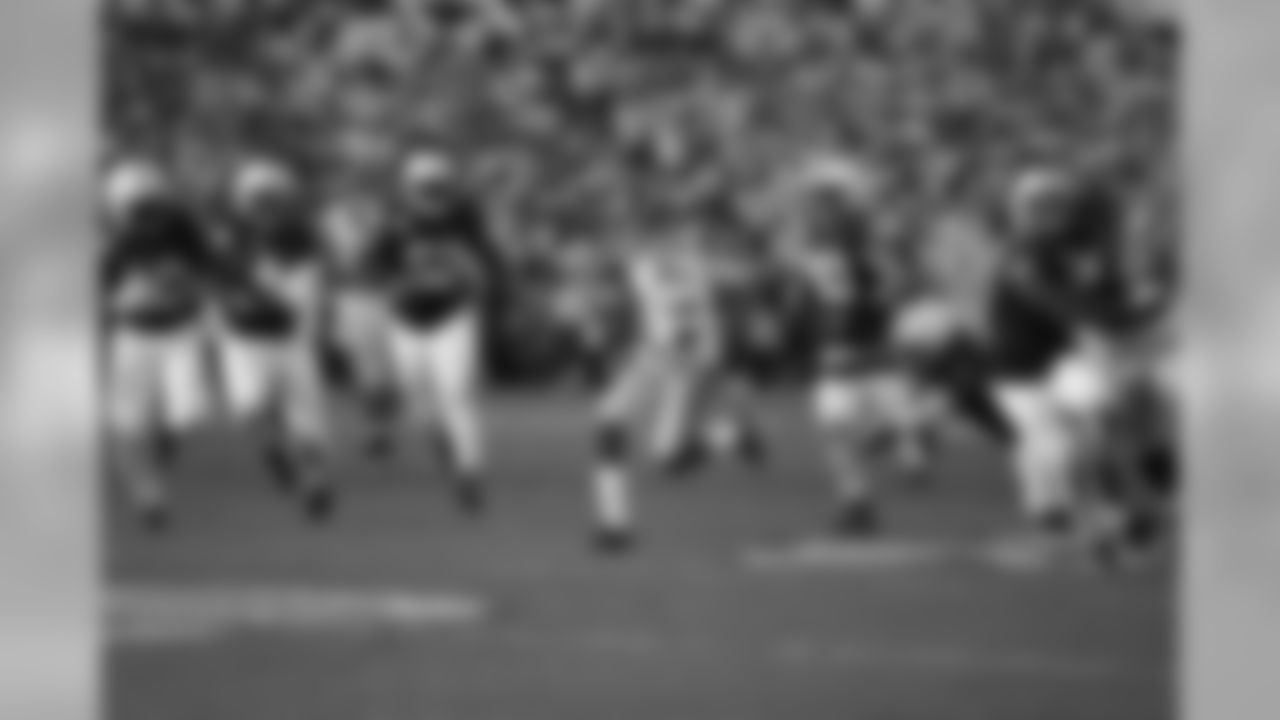
- Adoree' Jackson - CB, USC
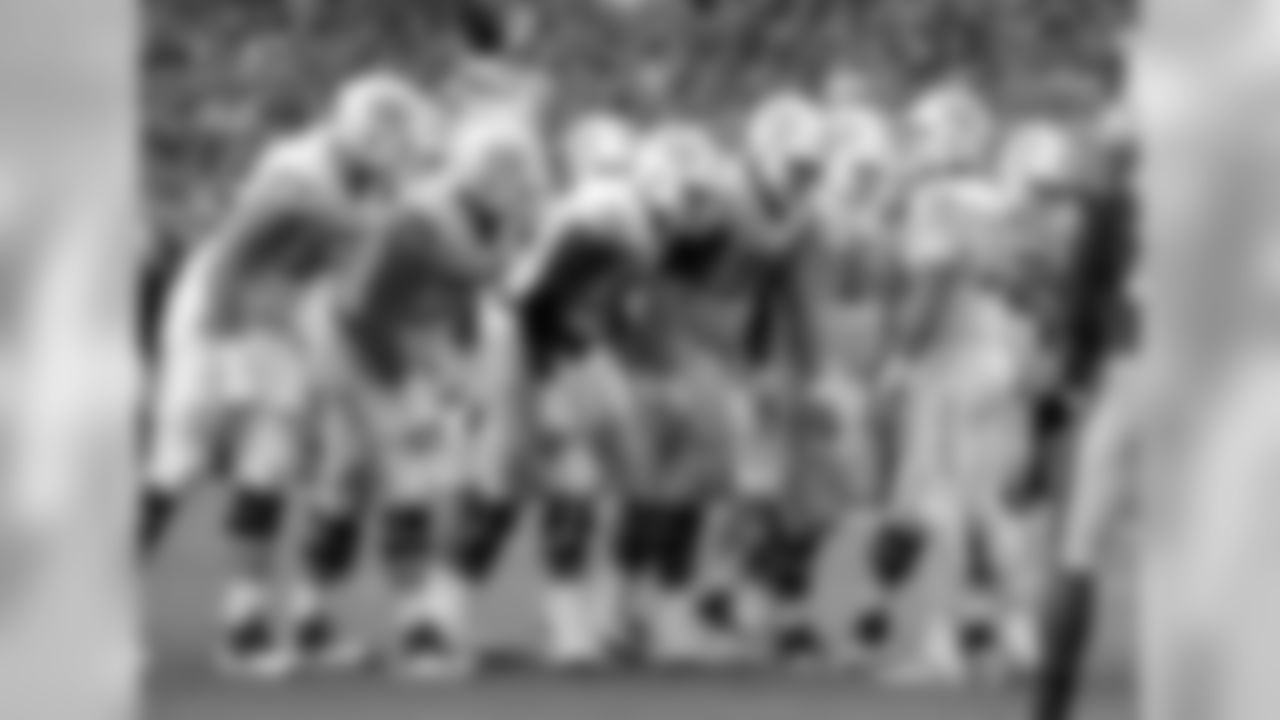
- Mitchell Trubisky - QB, North Carolina
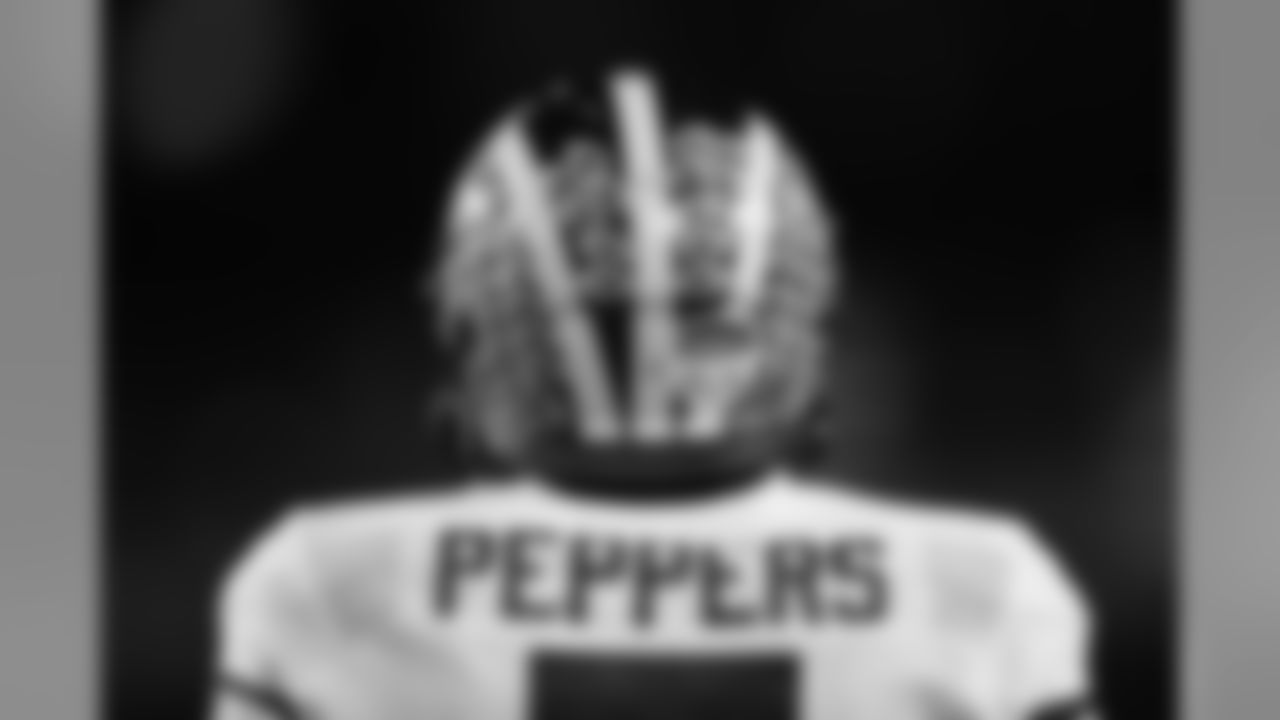
- Jabrill Peppers - S, Michigan
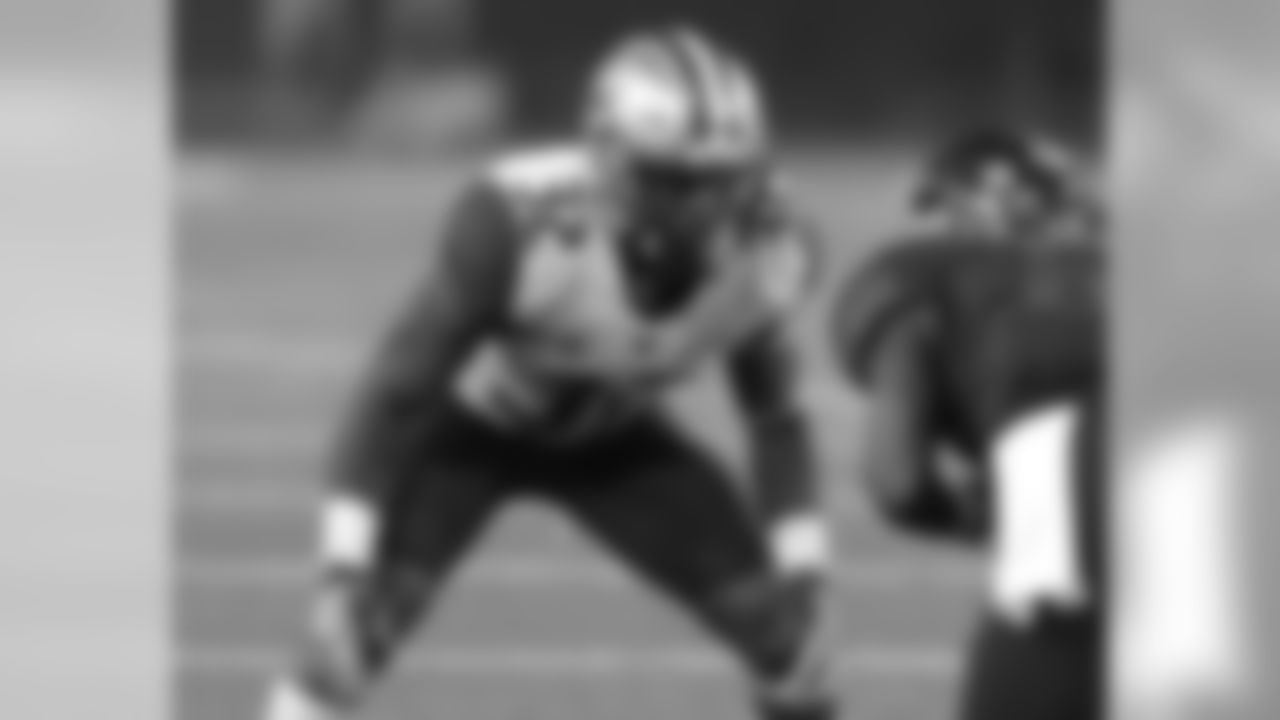
- Budda Baker - S, Washington
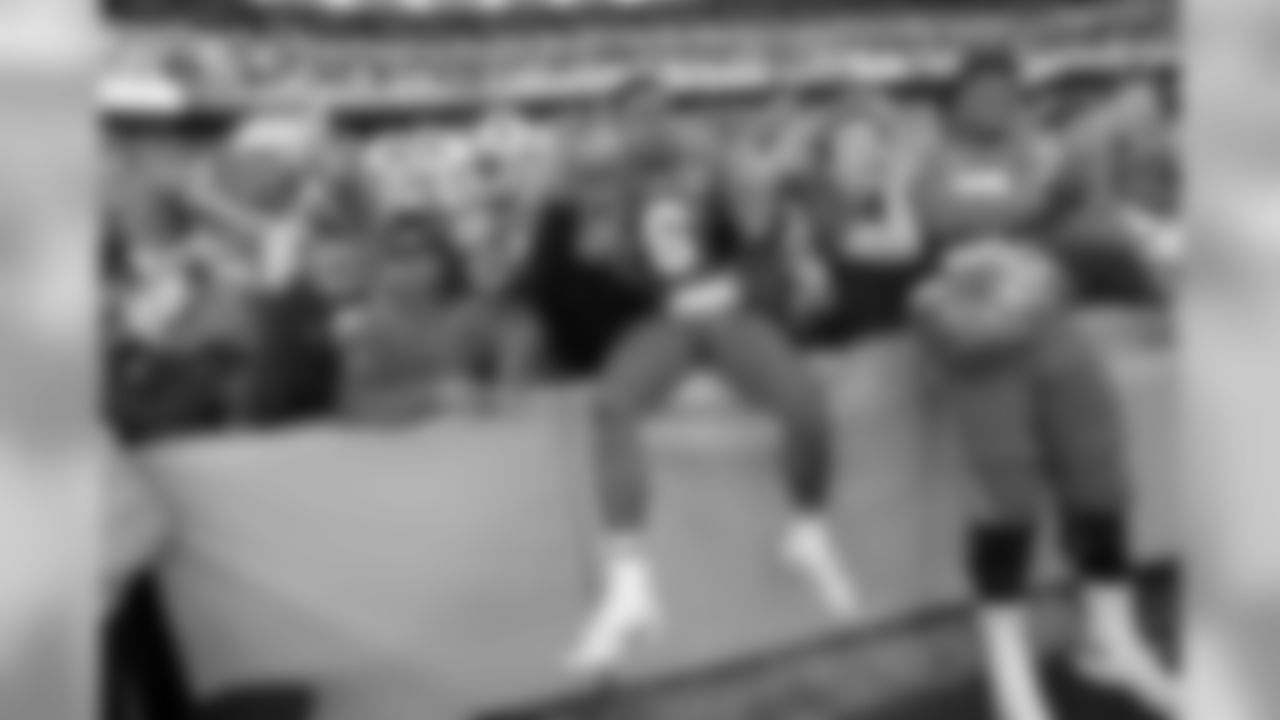
- Quincy Wilson - CB, Florida
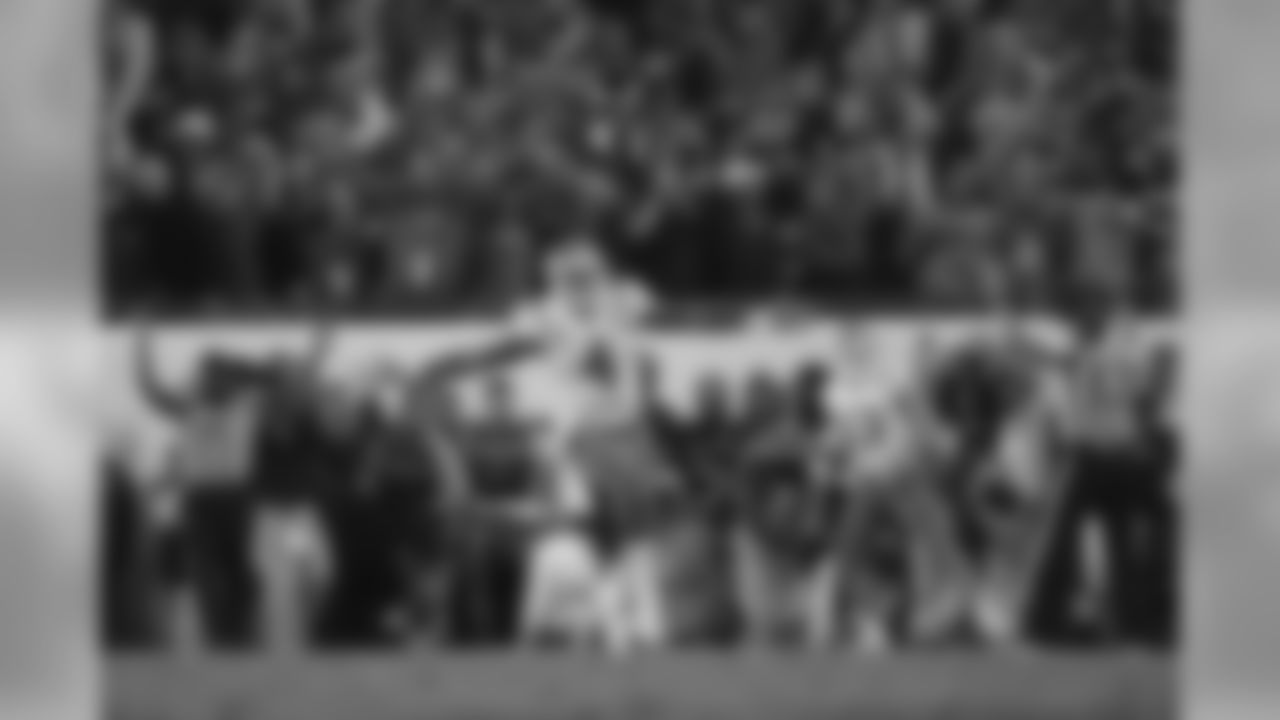
- Deshaun Watson - QB, Clemson

- Ryan Ramczyk - OT, Wisconsin
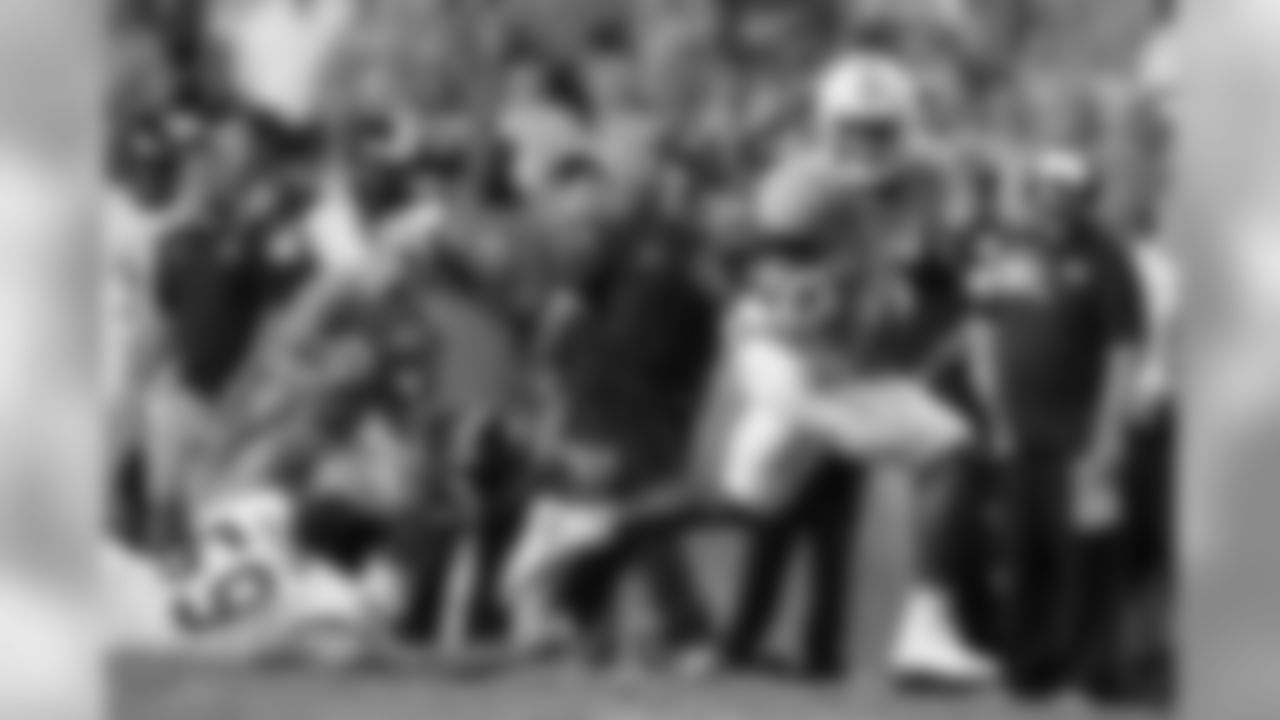
- Alvin Kamara - RB, Tennessee
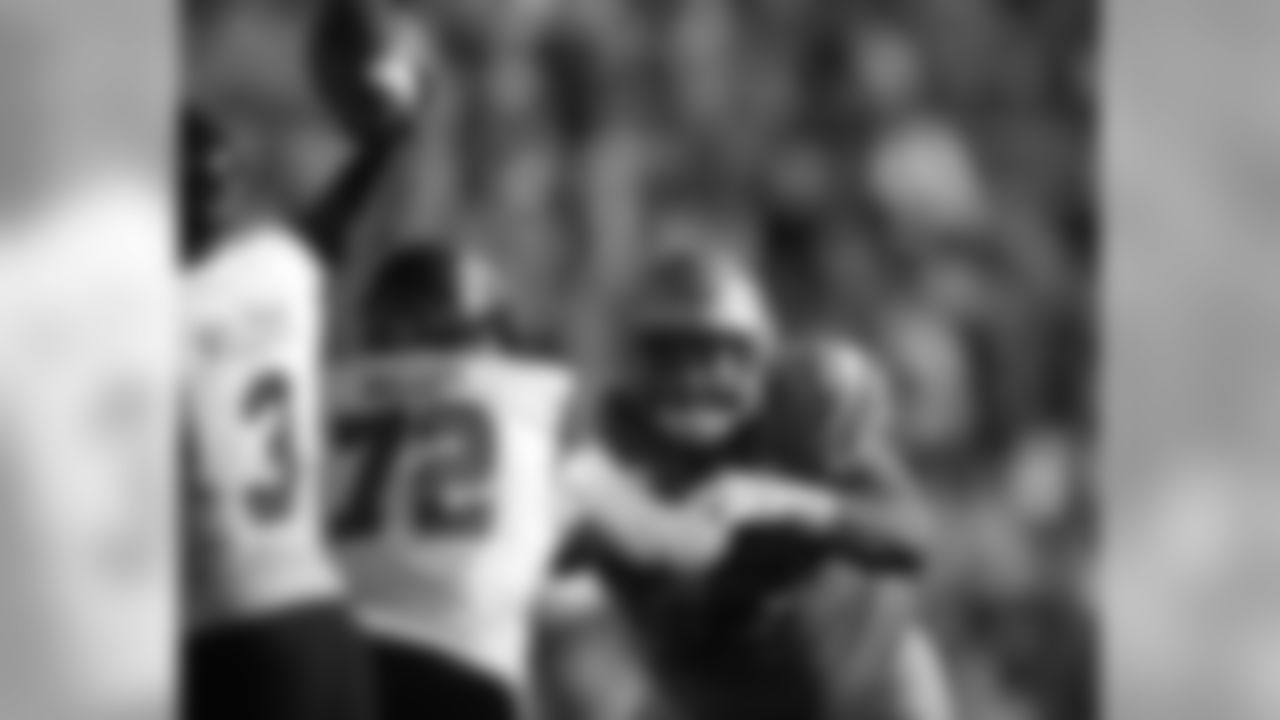
- Garett Bolles - OT, Utah
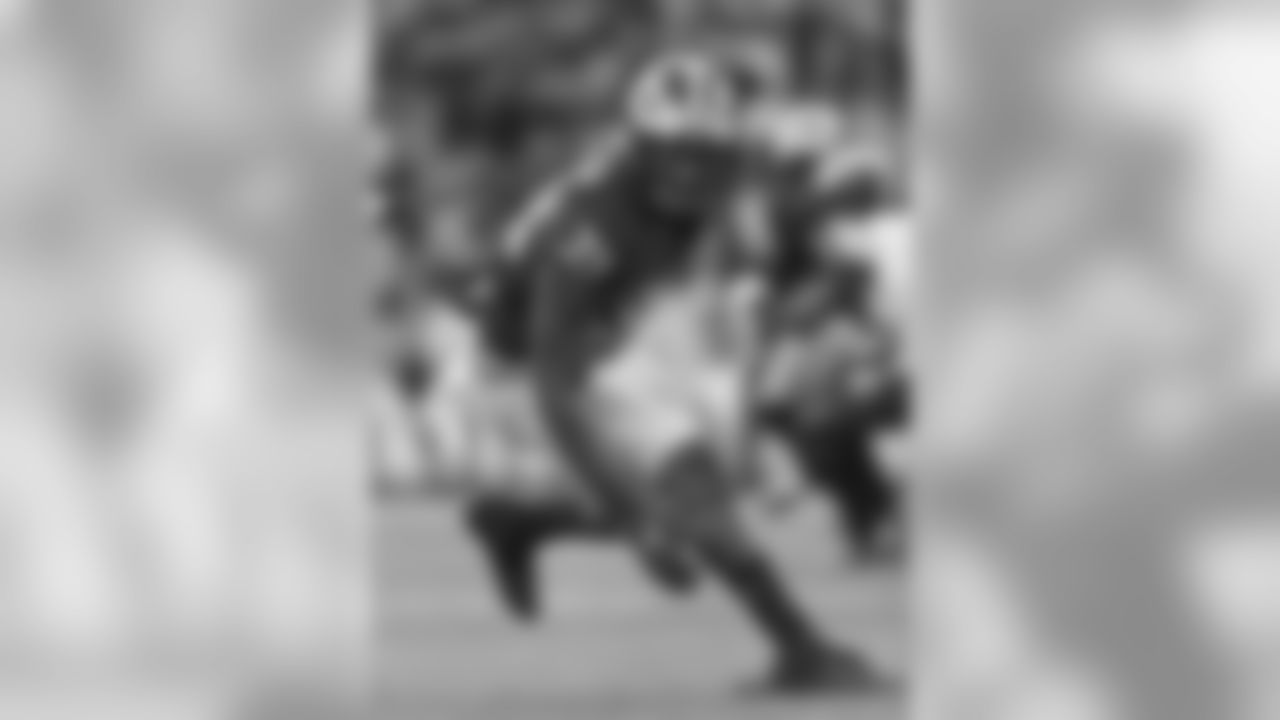
- Taco Charlton - DE, Michigan
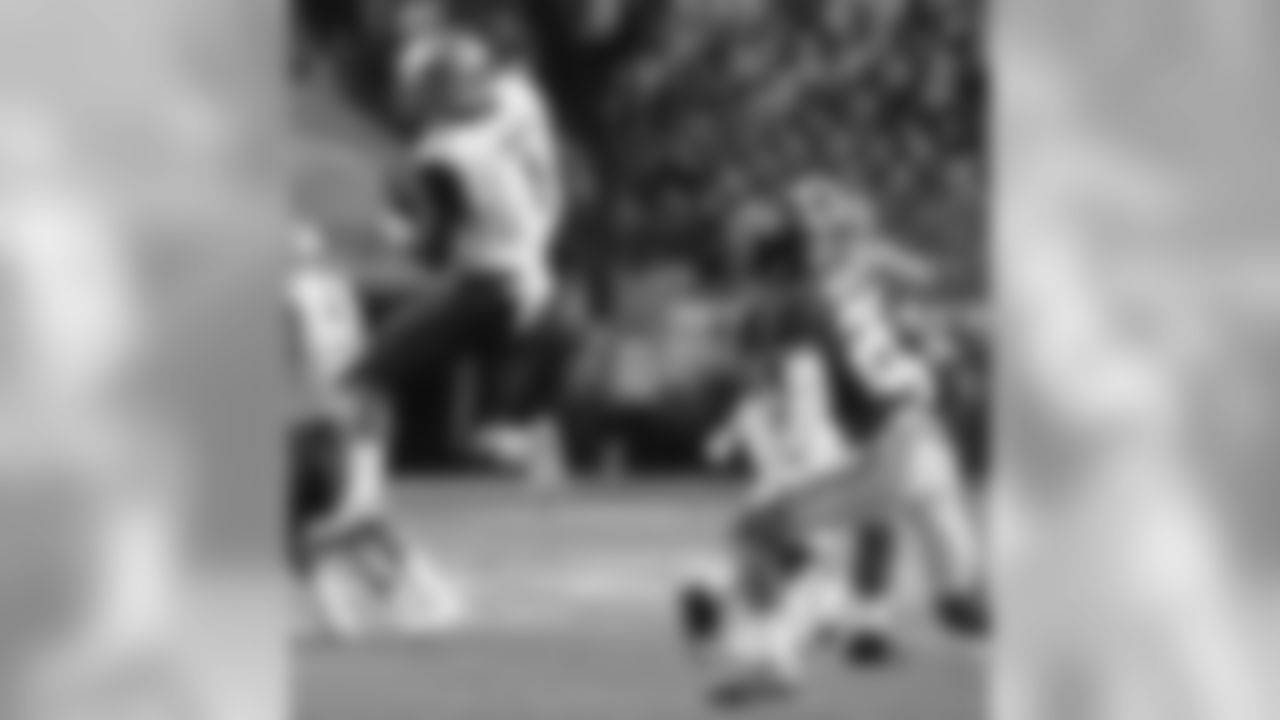
- John Ross - WR, Washington
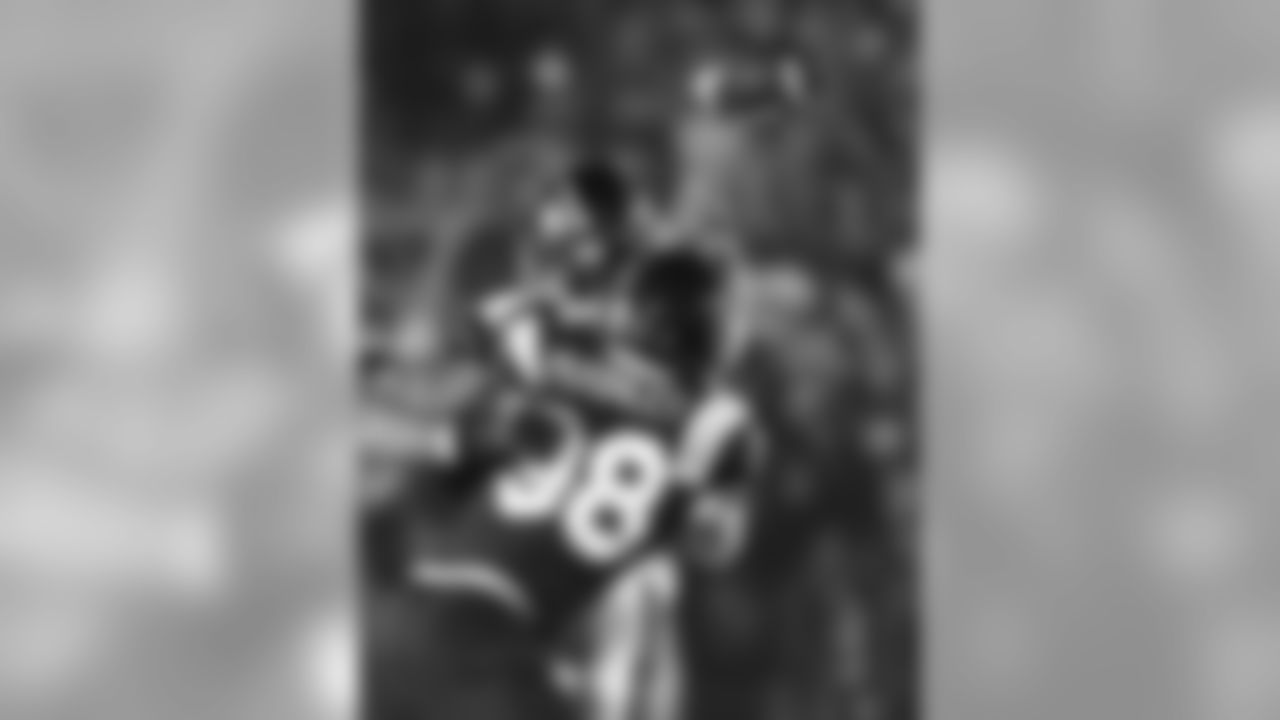
- Takkarist McKinley - DE, UCLA
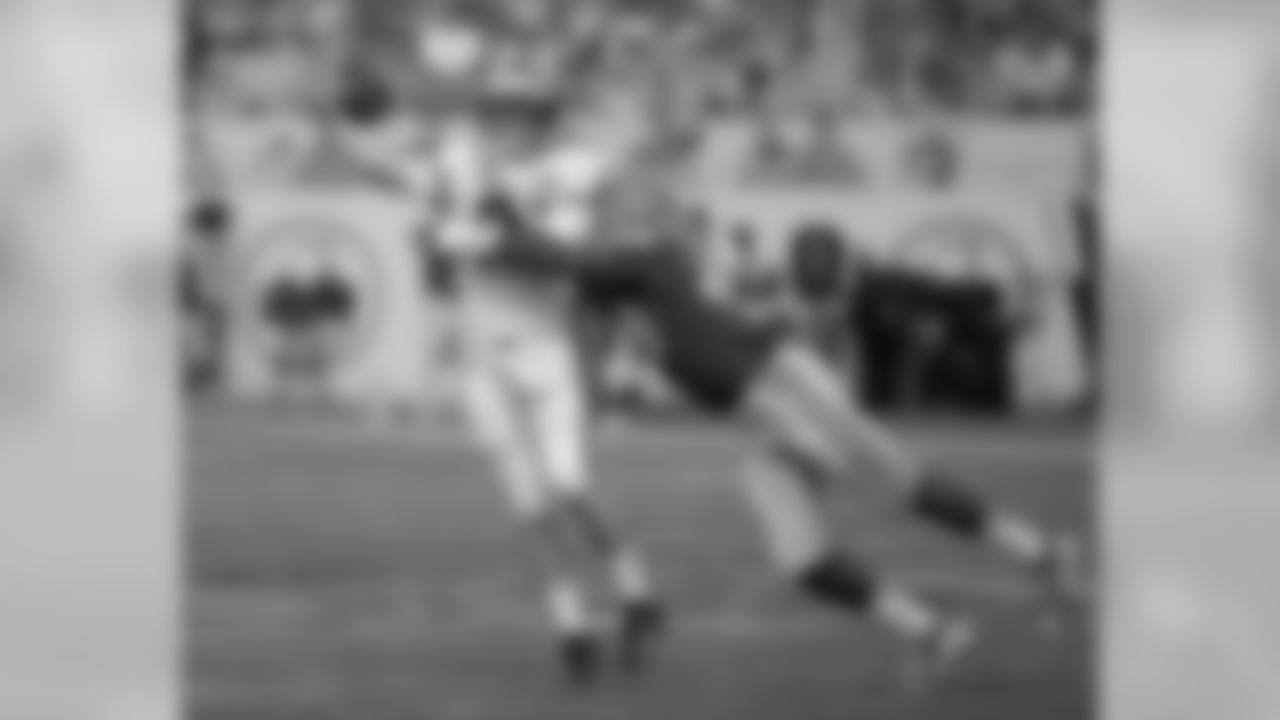
- Jarrad Davis - LB, Florida
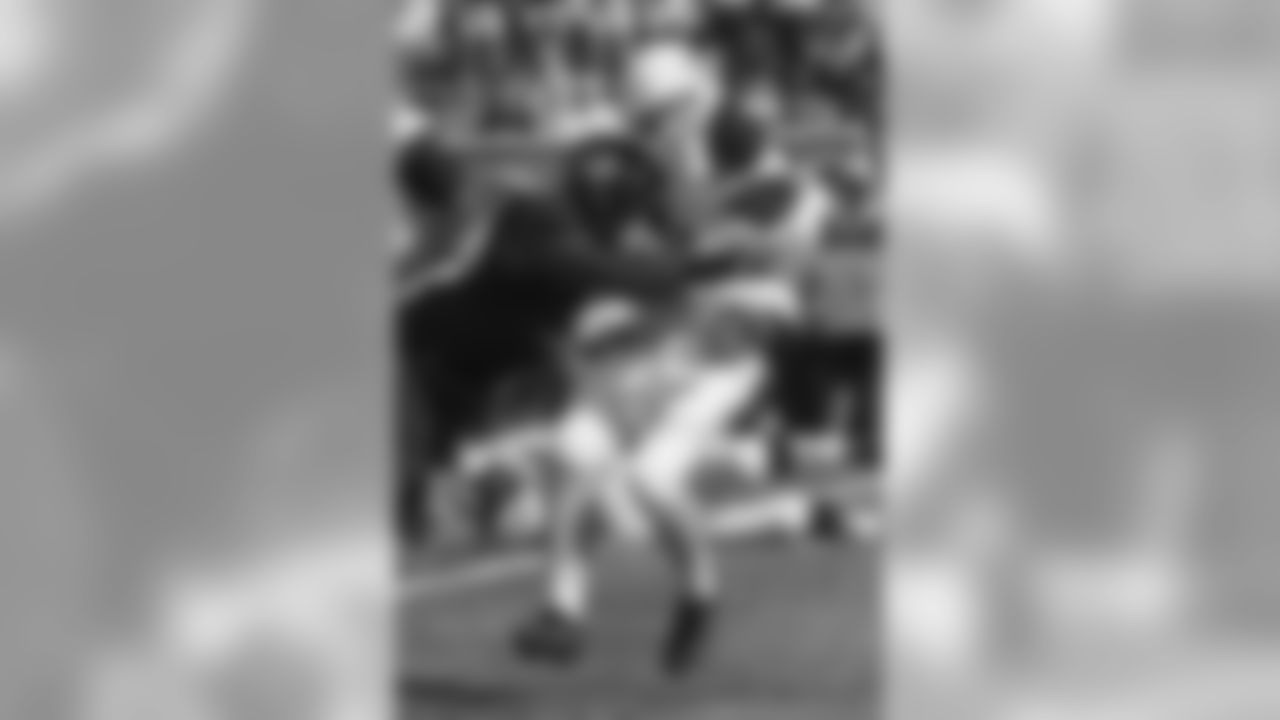
- Charles Harris - DE, Missouri
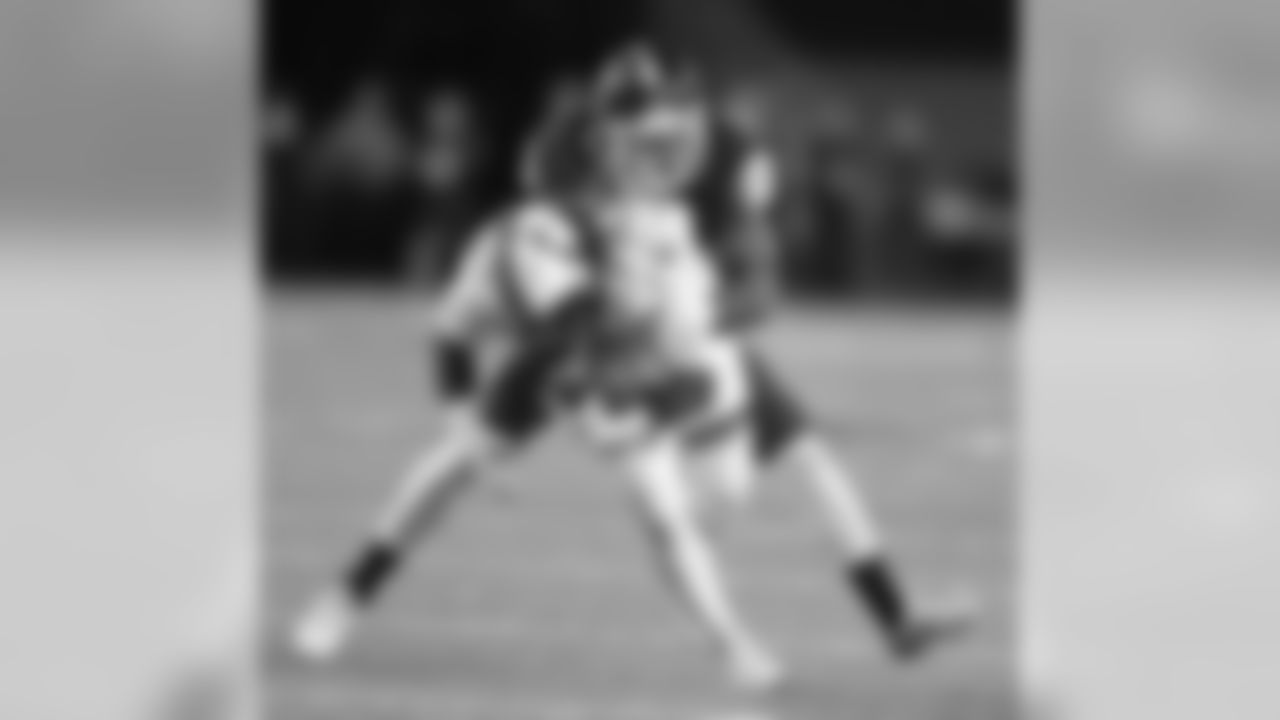
- Haason Reddick - LB, Temple
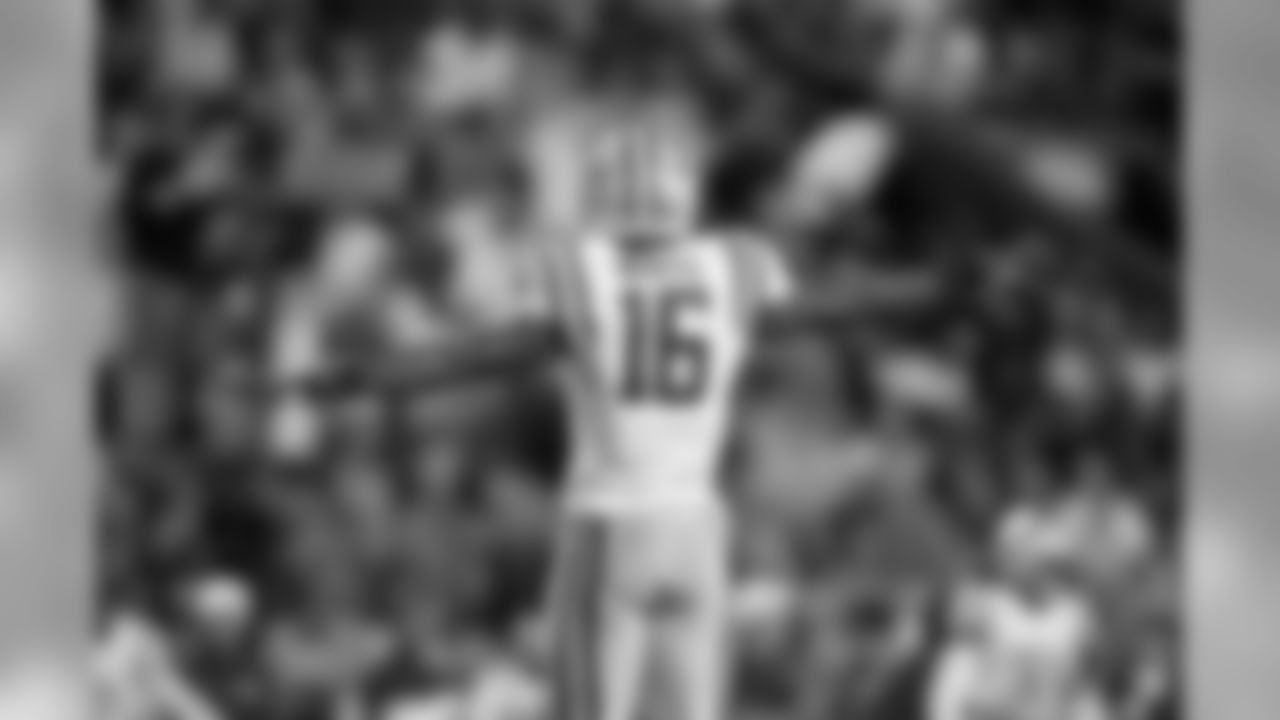
- Tre'Davious White - CB, LSU
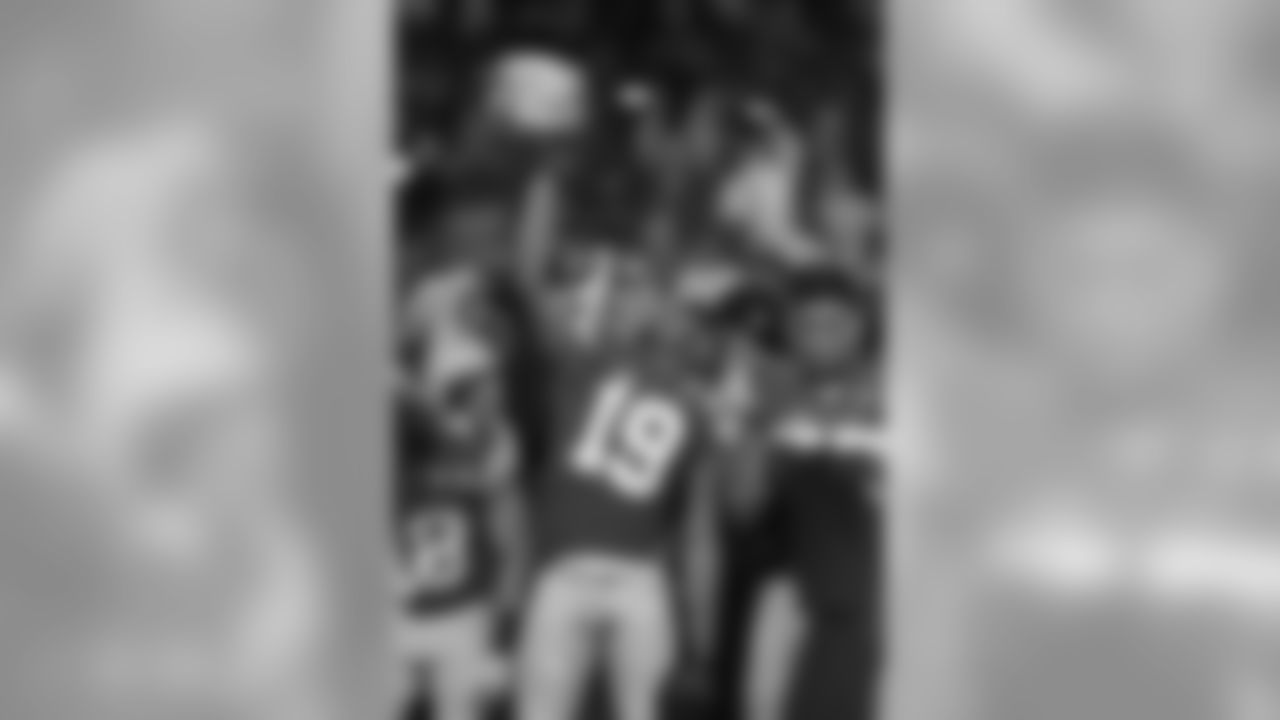
- Gareon Conley - CB, Ohio State
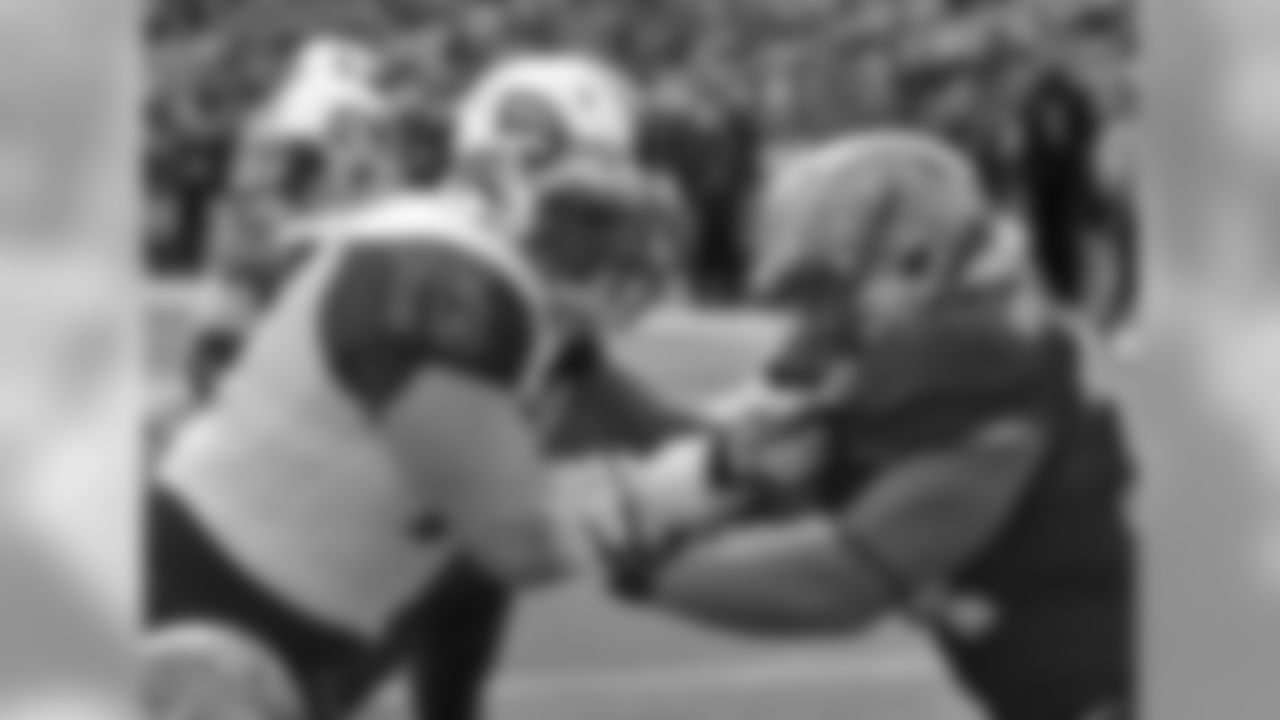
- Forrest Lamp - G, Western Kentucky
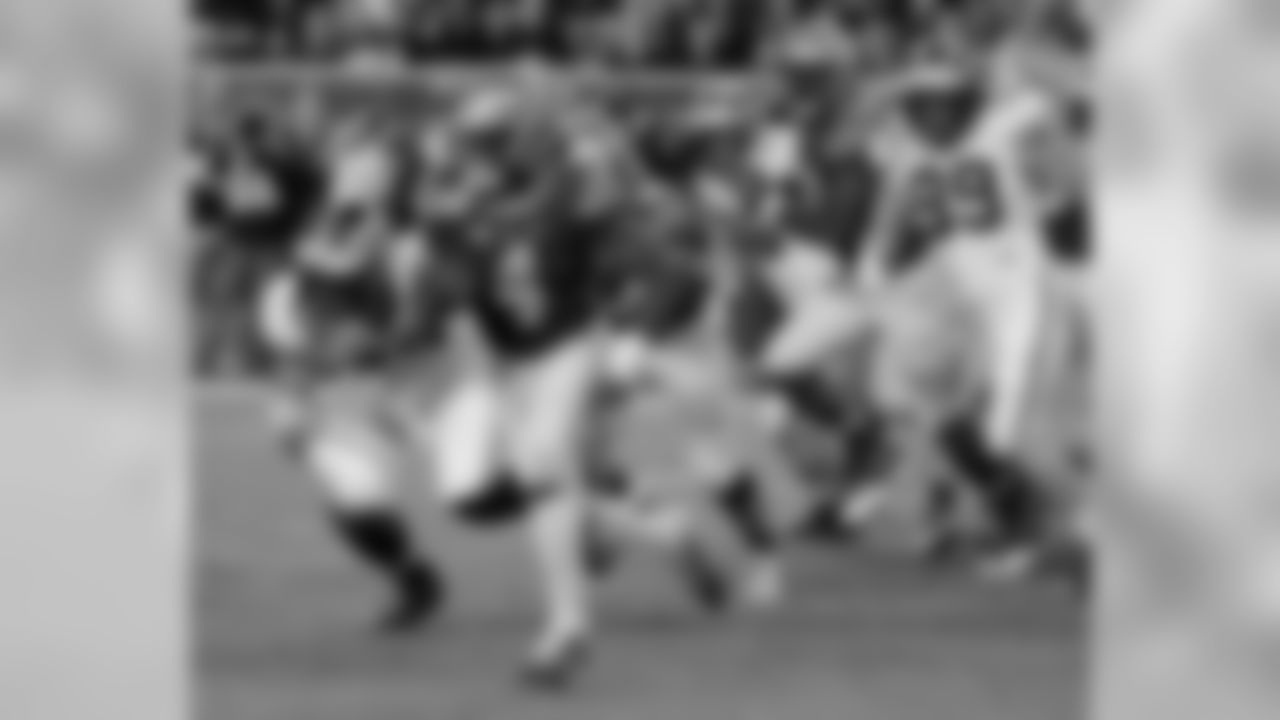
- Dalvin Cook - RB, Florida State
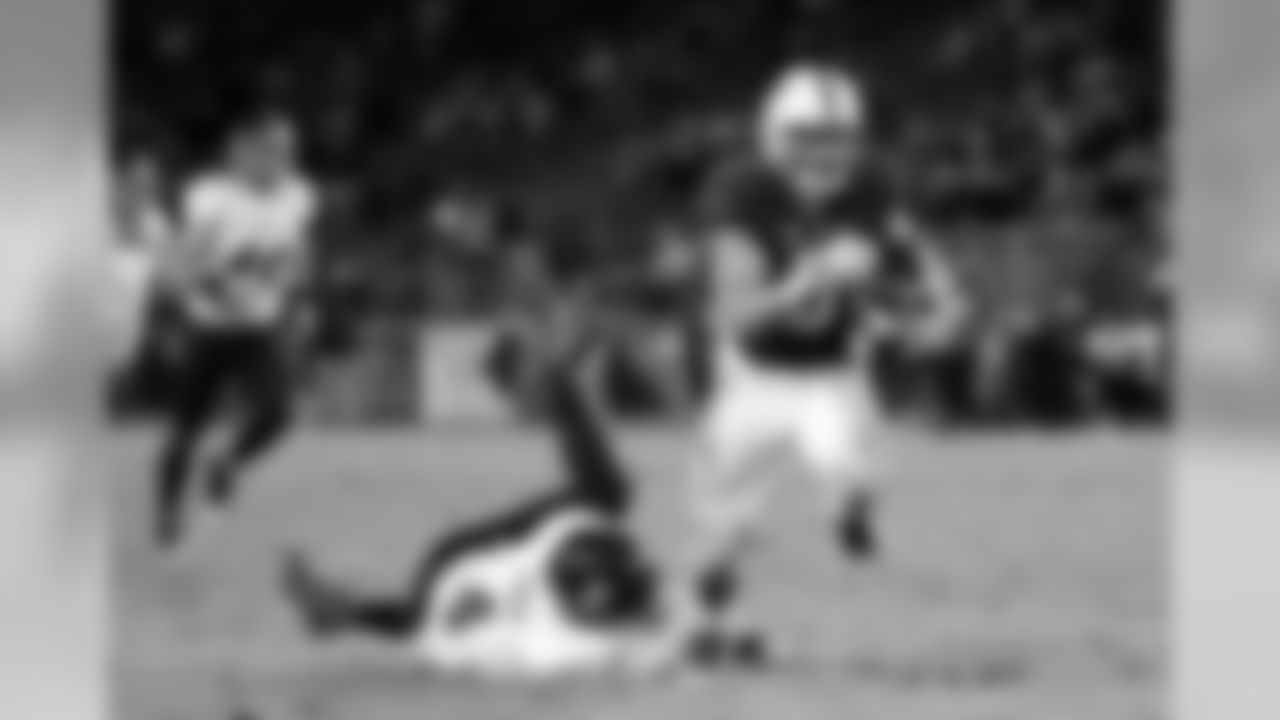
- Christian McCaffrey - RB, Stanford
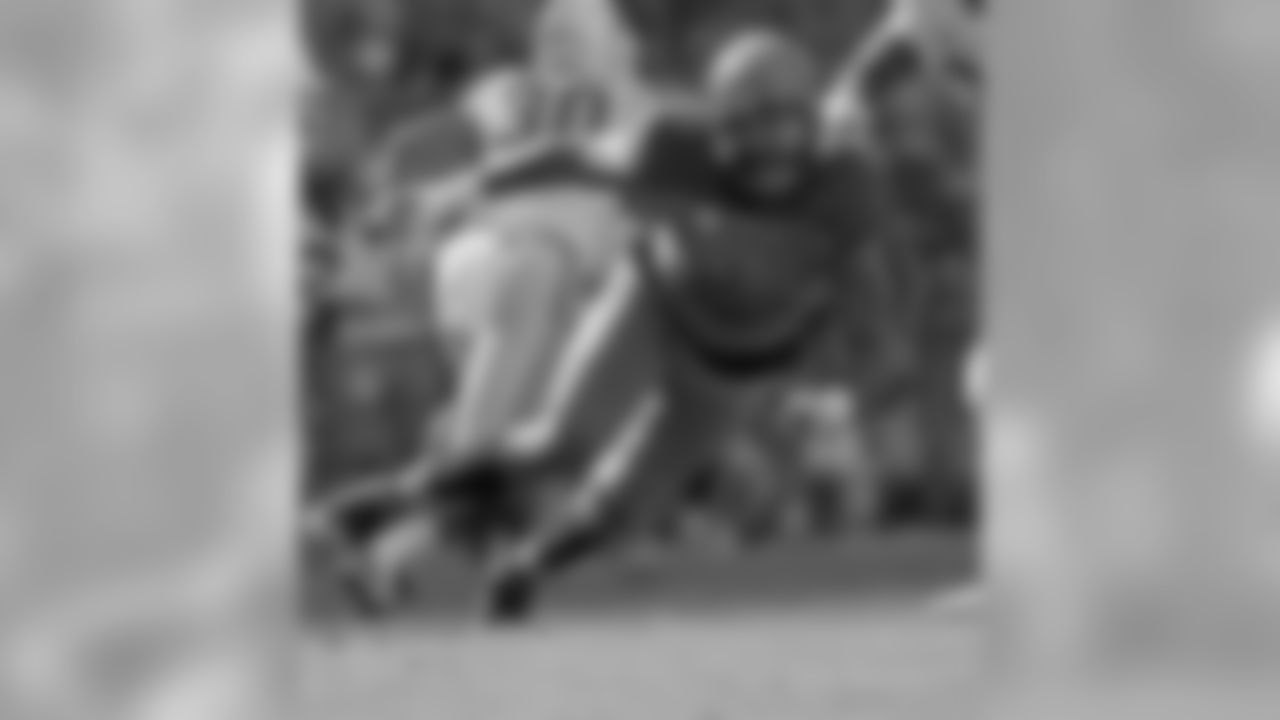
- Derek Barnett - DE, Tennessee

- David Njoku - TE, Miami
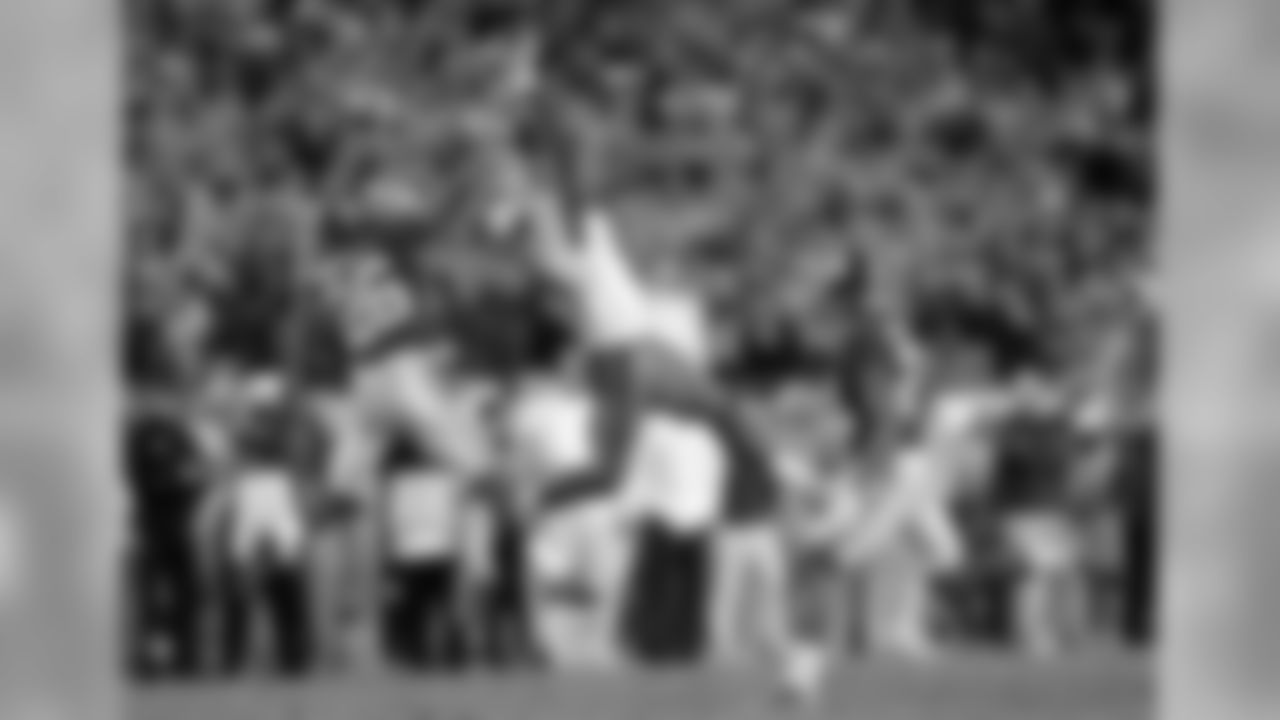
- Mike Williams - WR, Clemson
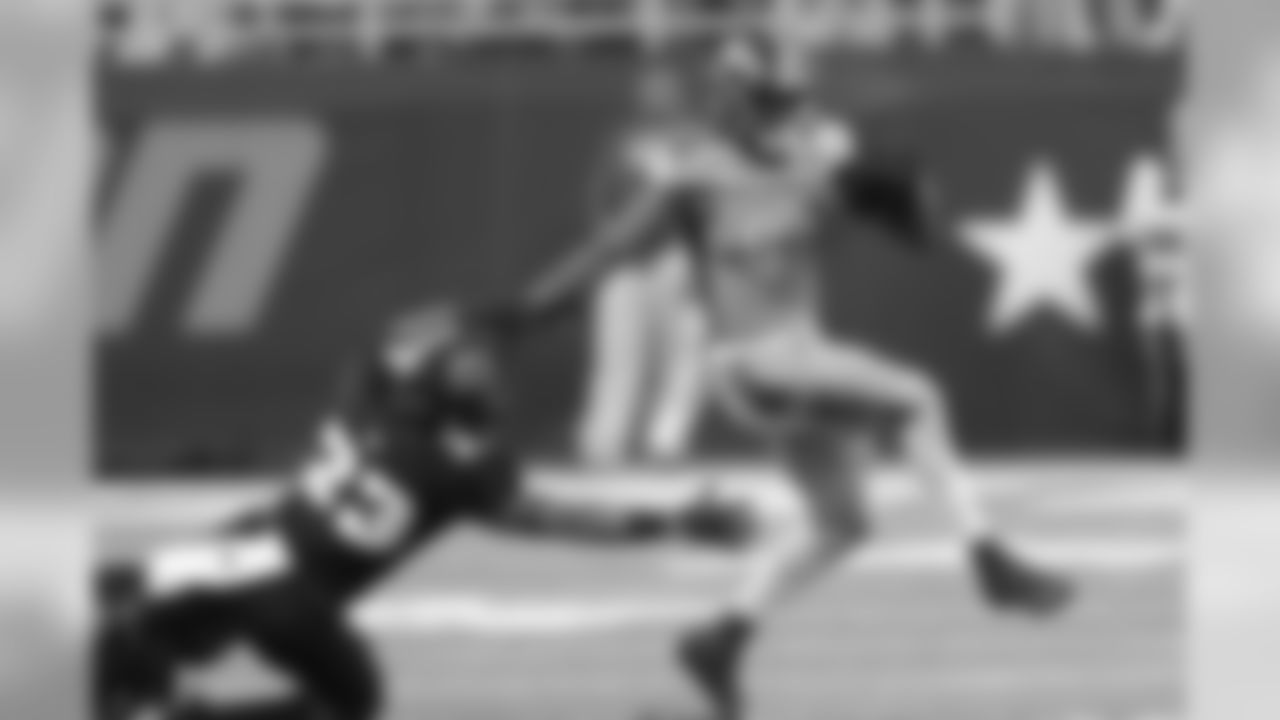
- Corey Davis - WR, Western Michigan
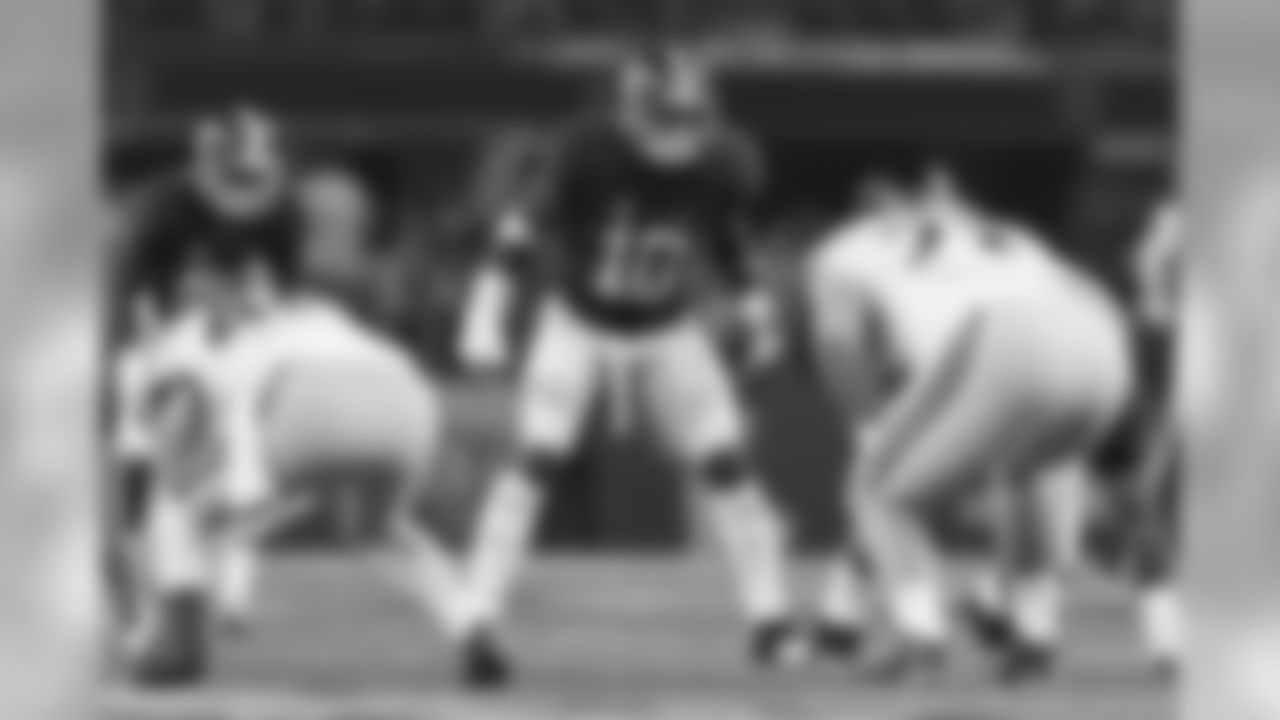
- Reuben Foster - LB, Alabama
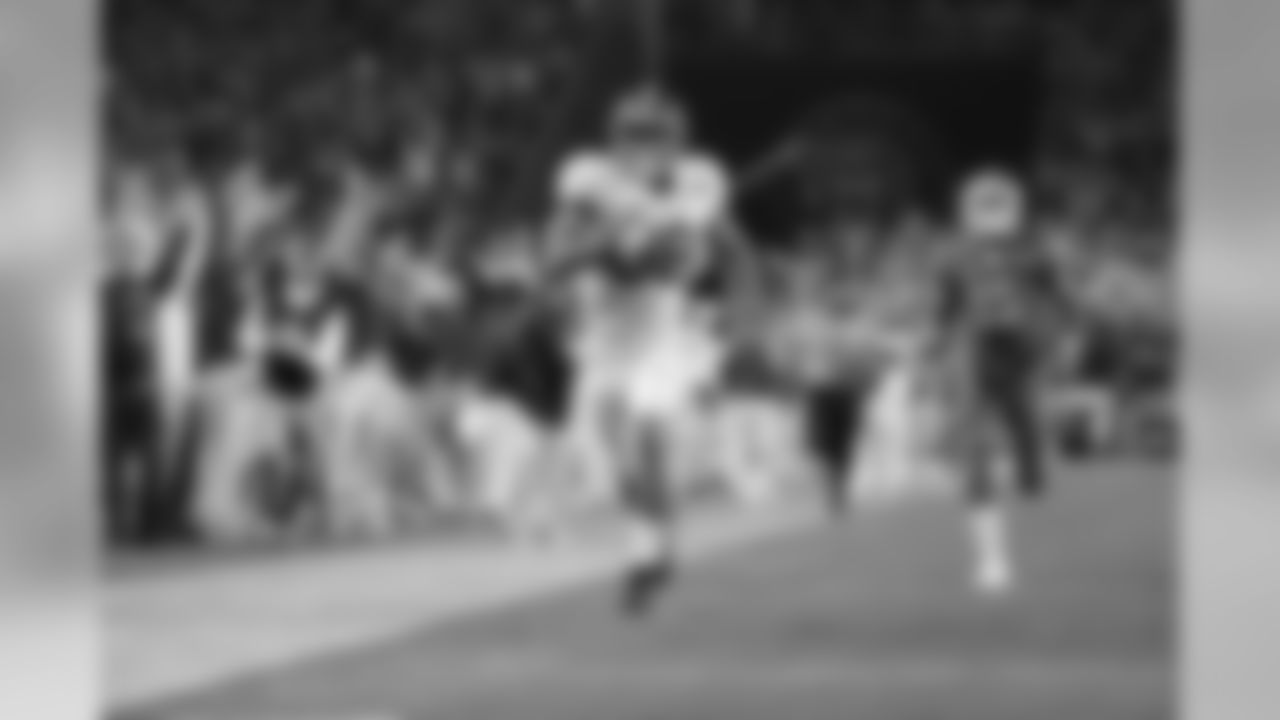
- O.J. Howard - TE, Alabama
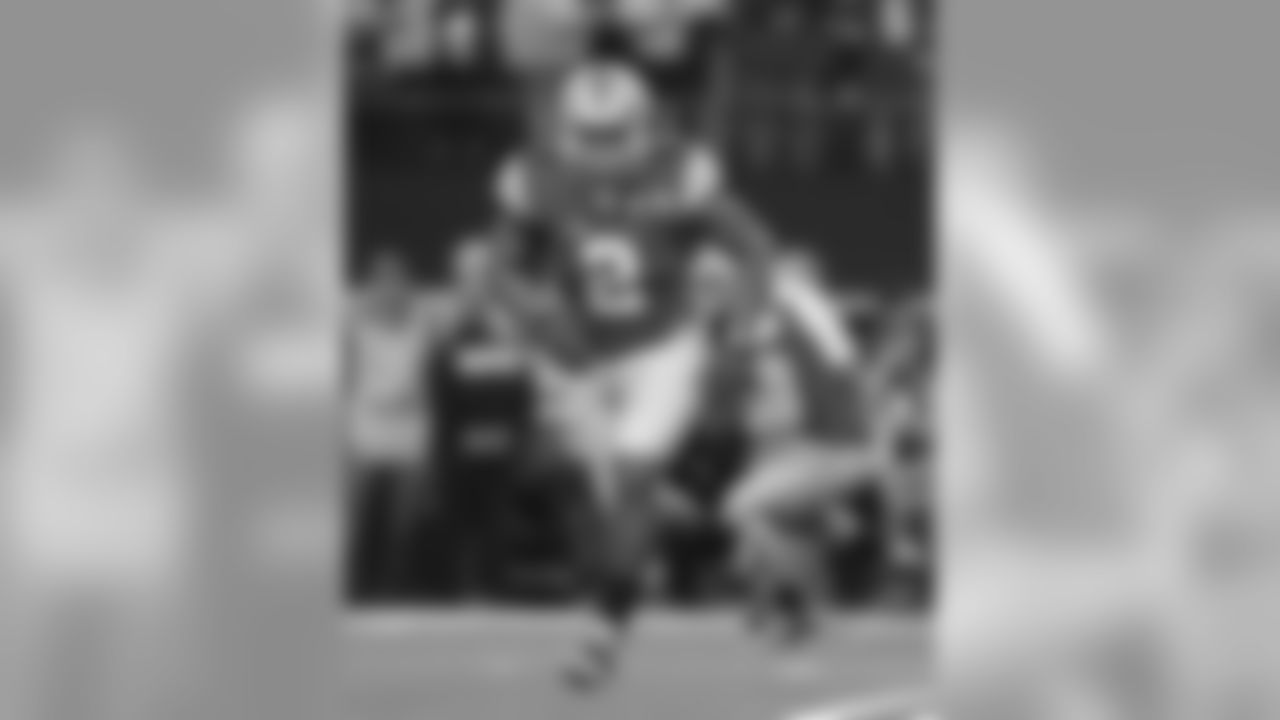
- Marshon Lattimore - CB, Ohio State
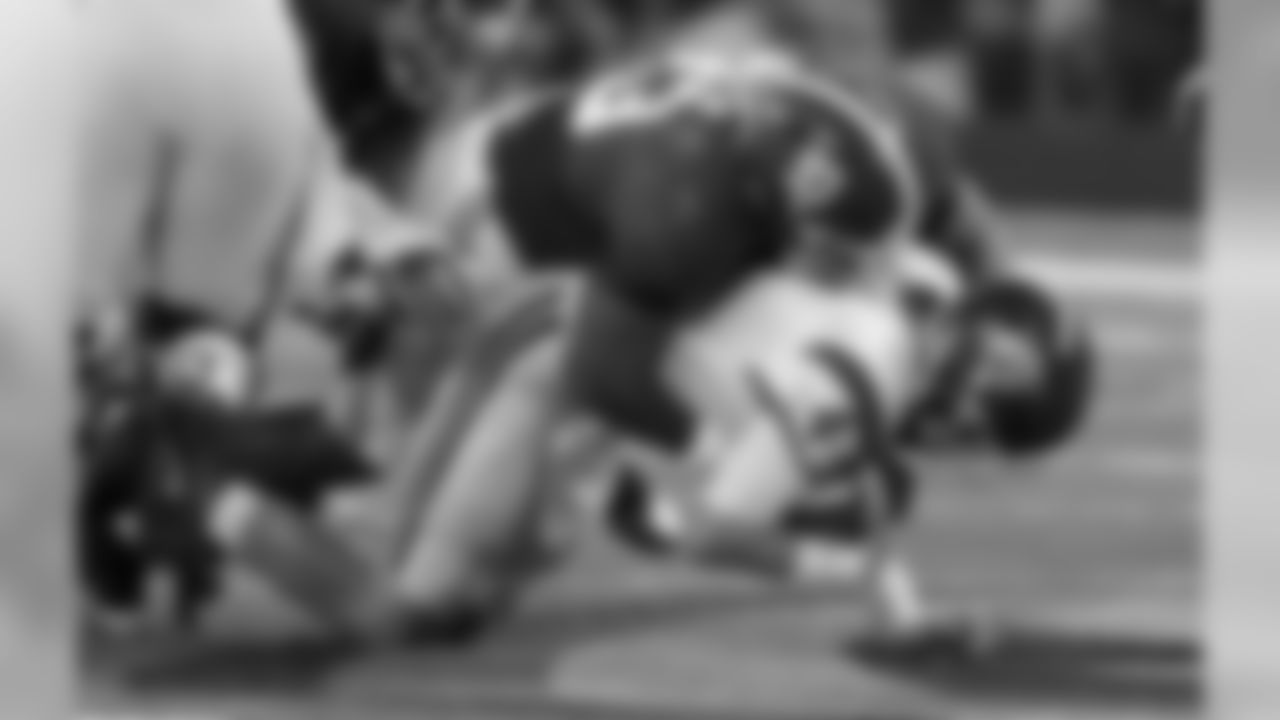
- Jonathan Allen - DT, Alabama
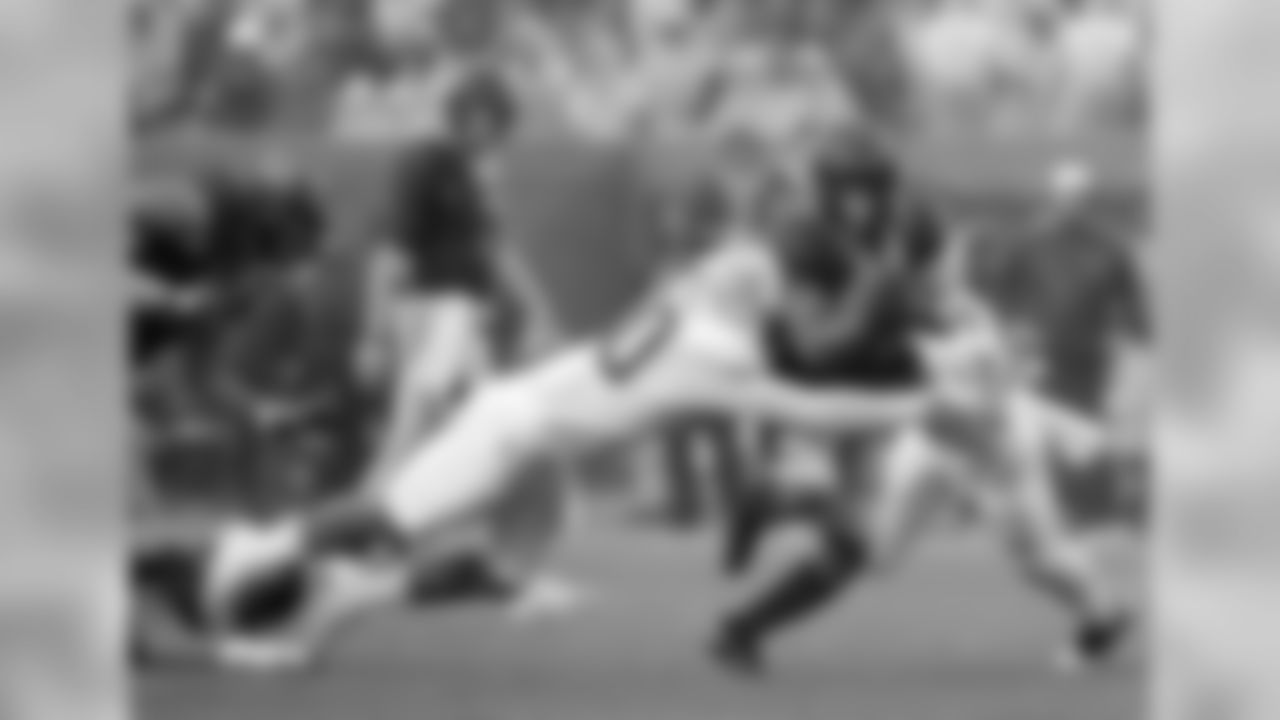
- Solomon Thomas - DE, Stanford
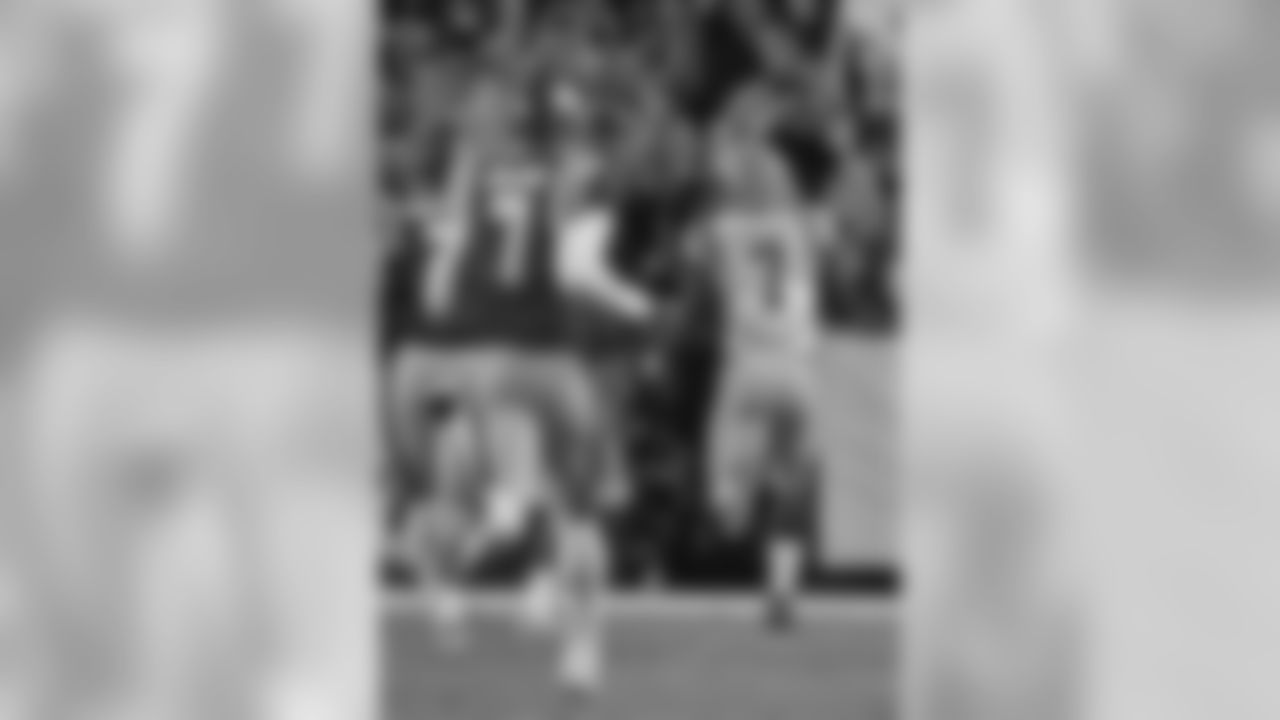
- Leonard Fournette - RB, LSU

- Malik Hooker - S, Ohio State
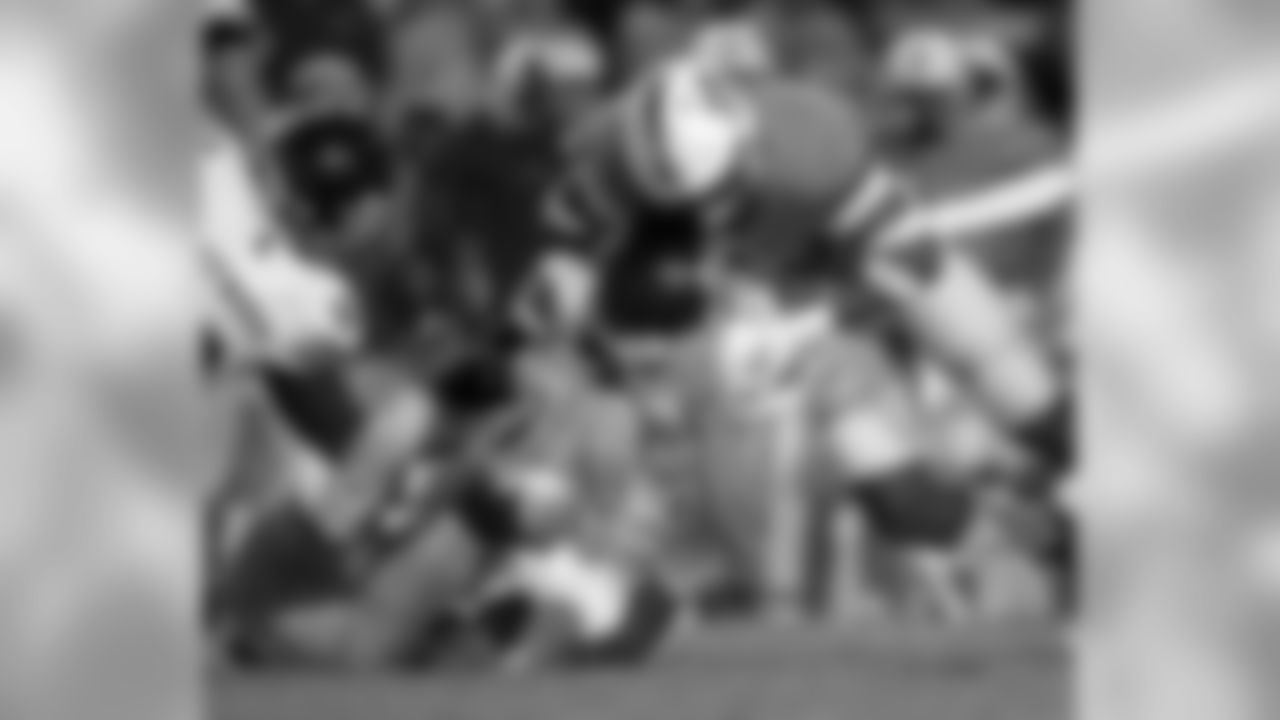
- Jamal Adams - S, LSU
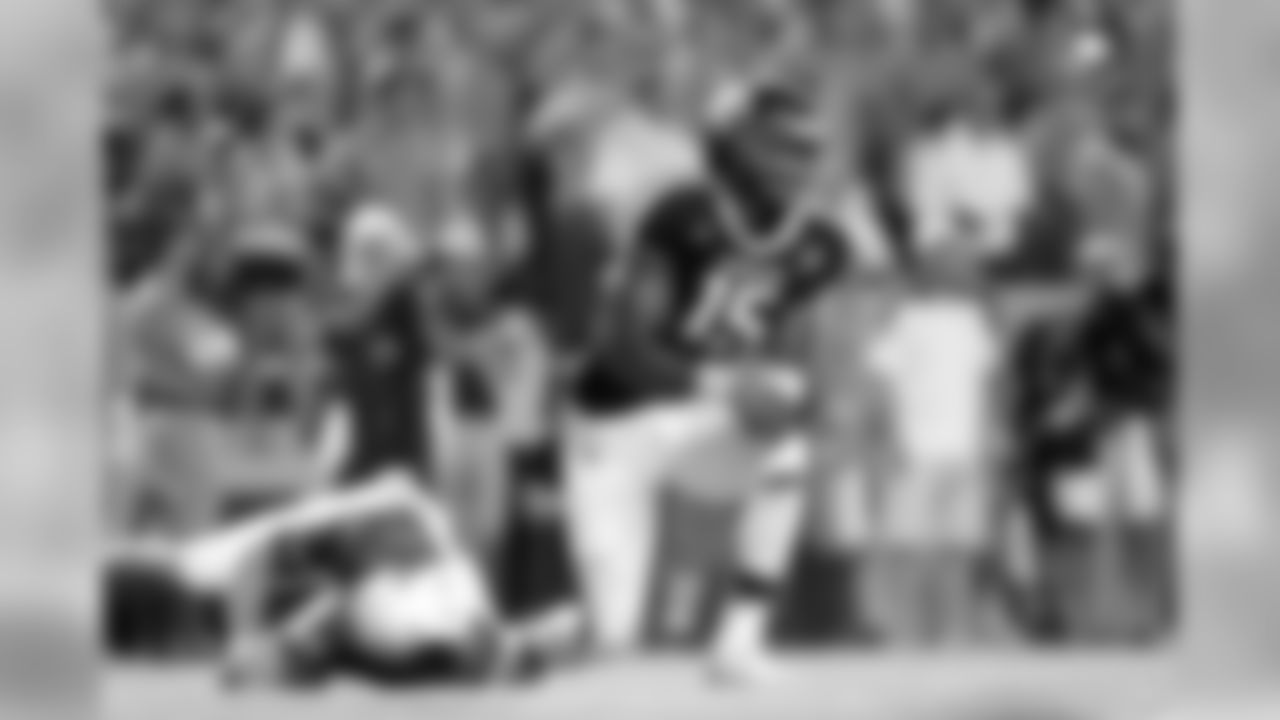
- Myles Garrett - DE, Texas A&M
Tight end is the position to watch at the NFL Scouting Combine.
|
|||||||||||||||||||
JOHN SCHMEELK: Fiction -Tight end might be a position of particular interest to Giants fans who would like to upgrade the position, but it won't be the group that everyone else will be watching most closely. The wide receivers, cornerbacks and running backs are always the position groups with the most eyeballs on them because their test scores will often be off the charts. It's always fun to see who can run sub-4.4 40-yard dashes, and who dominates the shuttle and jumping drills. Quarterback is another position many will watch, especially if all of the prospects decide to throw. One more note on tight ends: this is a very deep group, and I would expect a few will separate themselves by putting up some impressive numbers in Indianapolis.
DAN SALOMONE: Fact -I'll defer to NFL Media draft analyst Mike Mayock when he says this may be the best crop of tight ends he's ever seen. And he's been around the block a few times. After Alabama's O.J. Howard and Miami's David Njoku, there are some intriguing players from smaller programs, like South Alabama's Gerald Everett and Ashland's Adam Shaheen. Keep an eye on this group.
LANCE MEDOW: Fact -Tight end is one of the deepest positions in this year's draft, but you can also make a case for corner with solid players falling to the middle rounds.* *If we're looking at the combine through the Giants' lens, given the current state of the roster, I'd say tight end and offensive line are probably the two positions to watch closely because there could be opportunities for rookies to come in and make an immediate impact. Plus, based on the drills they run at the combine, especially in the strength department, you can tell a lot about the physicality and, perhaps, blocking ability of offensive linemen and tight ends.
Aside from quarterback, the toughest position to draft is cornerback.
JOHN SCHMEELK: Fiction -I put cornerback high on the list of positions difficult to draft, but I don't have it ranked second after quarterback. The way college football is played now makes it extremely difficult to evaluate and draft offensive linemen. The nature of the spread offense requires offensive linemen to do things they will never be asked to do in the NFL. Some tackles in college never even put their hand in the ground in a three-point stance. Given practice restrictions, it takes time to teach and develop these linemen when they get to the NFL. A trend that will develop in the coming years is a paucity of really good pro-ready offensive linemen who can block in both the run and pass game when they arrive in the NFL. You can blame college spread offenses for that.
DAN SALOMONE: Fiction -The biggest boom-or-bust position is running back – aside from quarterback, of course. It always confused me, too. A player would be an absolute beast in college and go on to a short NFL career. Archie Griffin, the only two-time Heisman Trophy winner, didn't even rush for 3,000 yards in his pro career and never had more than 688 yards in a season. You would think taking a handoff and hitting a hole isn't that different than playing at major college program. Wrong. The defensive linemen are faster, the playbook is bigger, and the wear and tear takes a toll.
LANCE MEDOW: Fact -Between adjusting to the rules and pace of the game, one of the toughest positions to play as a rookie is cornerback, especially in the slot. That means evaluating corners in the draft is much more challenging because not only are you reviewing their skillsets but also trying to determine whether they will translate to a different style of play in the NFL, where you can't be as physical with wide receivers down the field. In the NFL, a defensive player has a cushion of about five yards to disrupt the receiver's route, but in college football, a defender is allowed much more leeway. Corners who rely heavily on their hands in college sometimes have a tough time adjusting to the pros where they need to be much more disciplined.
The Giants will draft at least one offensive lineman and one defensive lineman.
JOHN SCHMEELK: Fact -After going an entire draft last year without picking an offensive lineman or defensive lineman, I would expect that to change. The Giants would like to improve on the offensive line and, at the very least, get some young players to develop. According to the experts, it is a weak offensive line draft, so it might be hard to find ready-to-play starters, but there's no reason the Giants can't find moldable talent. The Giants need depth on the defensive line. Starters Jason Pierre-Paul and Oliver Vernon played a very high percentage of the team's snaps, and they could use more players to spell them. The team could also use some additional depth at defensive tackle as well. What happens in free agency will also affect the need at these two positions.
DAN SALOMONE: Fact -Not even taking free agency into account, it's probably healthy to do so every draft cycle. Last year was the first time the Giants didn't take one of each since 2009. The game is won and lost in the trenches, and you need to keep infusing youth and competition into those positions.
LANCE MEDOW: Fact -2016 was extremely rare for the Giants. It was the first time in franchise history that they didn't draft an offensive lineman or a defensive lineman. I don't see that trend continuing this year. The Giants have a number of free agents at those positions, so how things play out will obviously impact their draft gameplan, but the organization's philosophy/identity has always been built in the trenches and it's been well-documented both with the Giants and across the NFL that you can never have enough depth at those positions. Prior to 2016, the Giants drafted at least one offensive lineman and one defensive lineman every year from 2010 to 2015.
*Free agency in the NFL is more important than any other sports league. *
JOHN SCHMEELK: Fiction -I'm going to go with baseball here because there is no salary cap. If a Major League team decides to spend big, there is no cap to stop them, as long as they are willing to pay the luxury tax penalties associated with that payroll. Managing a hard salary cap in the NFL makes it less important. Even the NBA has exceptions that allow a team to go over the cap. The hard cap simply makes free agency less important in the NFL, because a team's options are more limited.
DAN SALOMONE: Fiction -In baseball, if you're willing to spend, you can get anyone you want. In the other leagues, you have a cap, so that makes it tougher. I think it's most important in the NBA just by the nature of the sport. One player can be the difference between making the NBA Finals and a lottery pick. And players of that caliber often go on the market. Miami – and then Cleveland – got LeBron James. Golden State landed Kevin Durant. It's not like that in the NFL. Teams don't let their most important players, who are often quarterbacks, go anywhere.
LANCE MEDOW: Fiction -The draft in the NFL, not free agency, is more important than any other sports league because with a hard cap you have to maximize production from prospects on manageable rookie contracts. Unlike MLB and the NBA, it's very difficult to go on a spending spree every offseason. Free agency in the NBA is more important than any other sports league. It's a star driven league and acquiring one big name could easily change the balance of power. Case in point, the Warriors landed Kevin Durant last offseason from the Thunder to bolster an already dangerous Golden State team. That move significantly impacted the strength of Oklahoma City and eliminated another contender for the Western Conference champs' title and leaving very few realistic threats. In the NFL, we've seen some franchises try to orchestrate a "Dream Team" and that hasn't necessarily translated to success.















